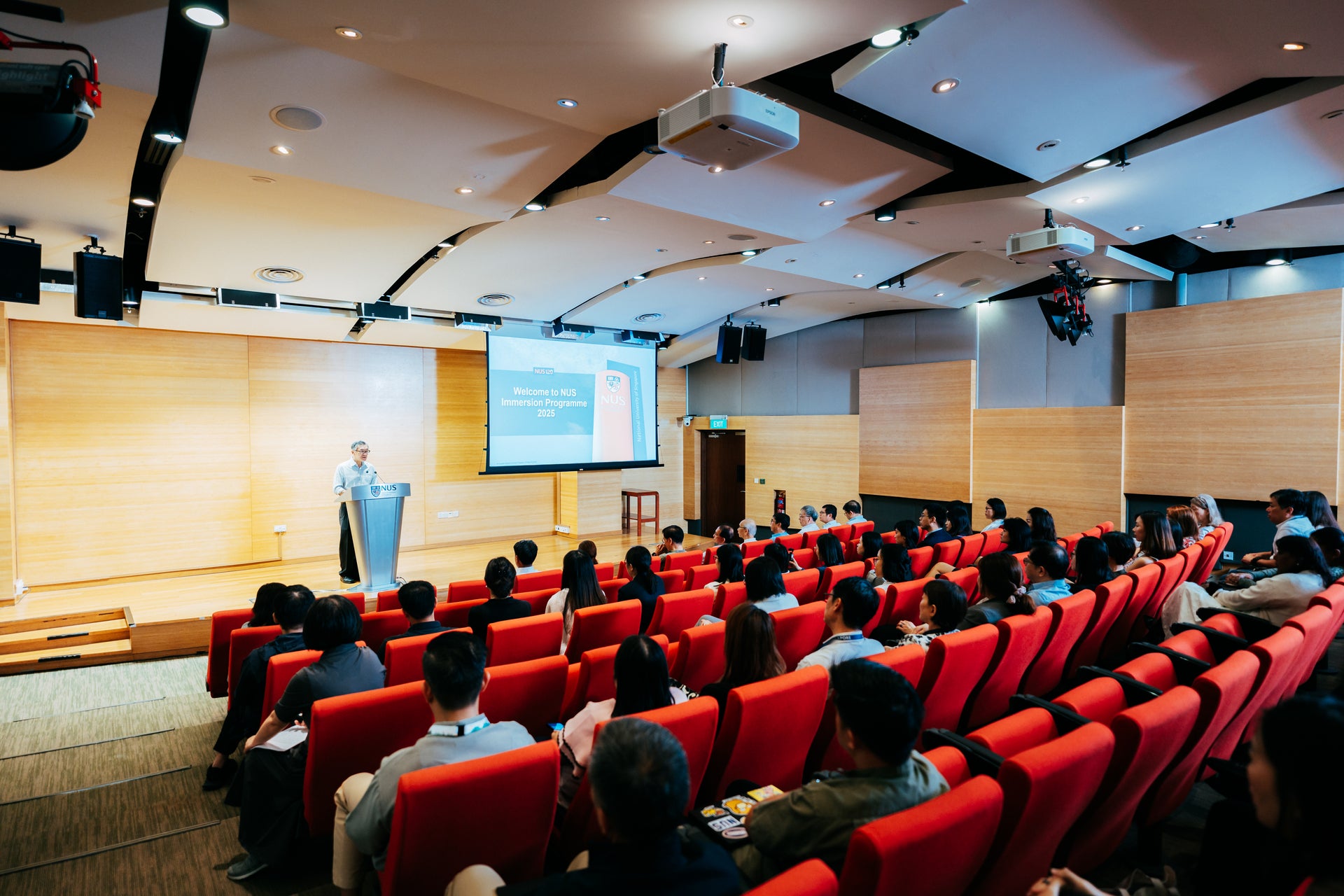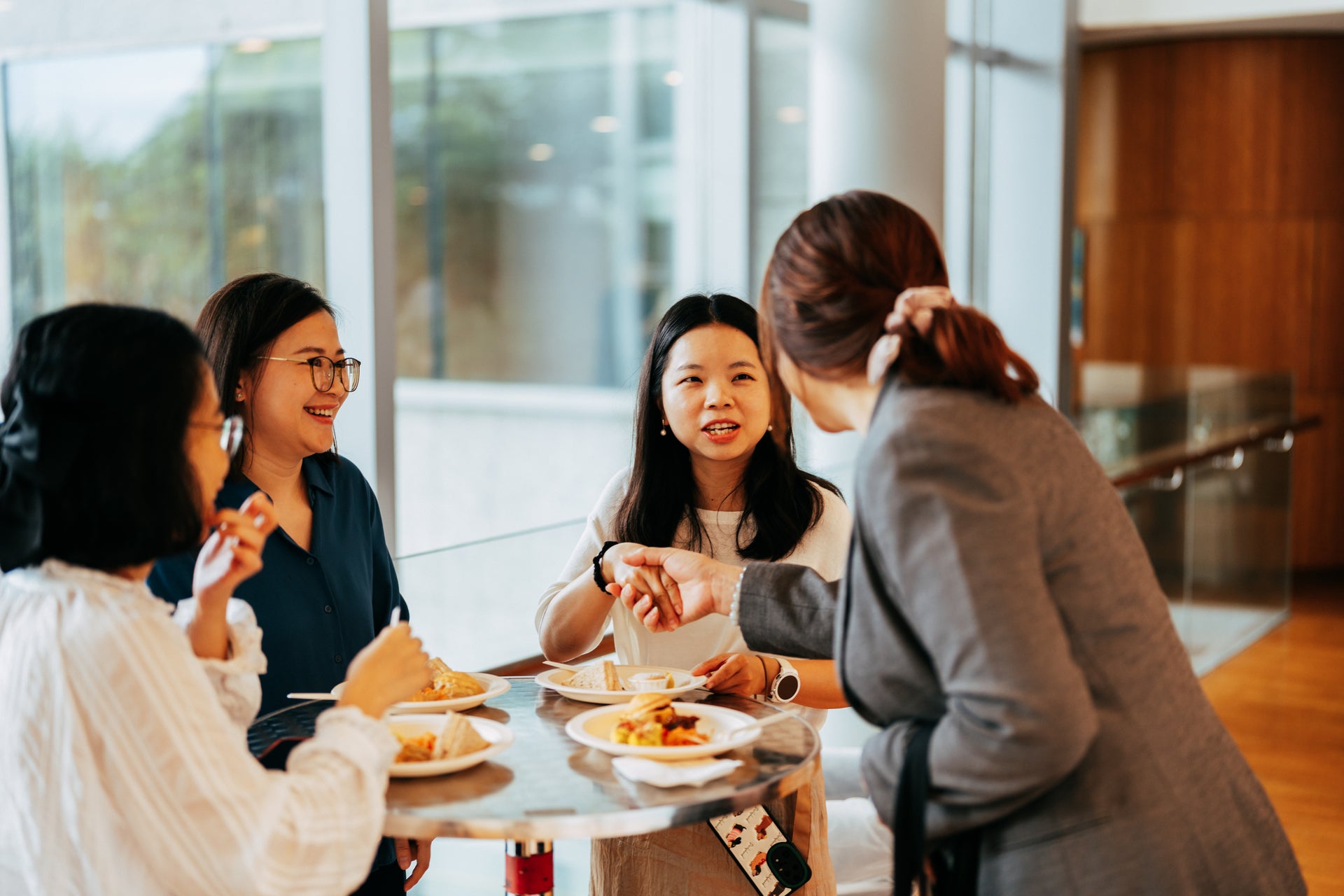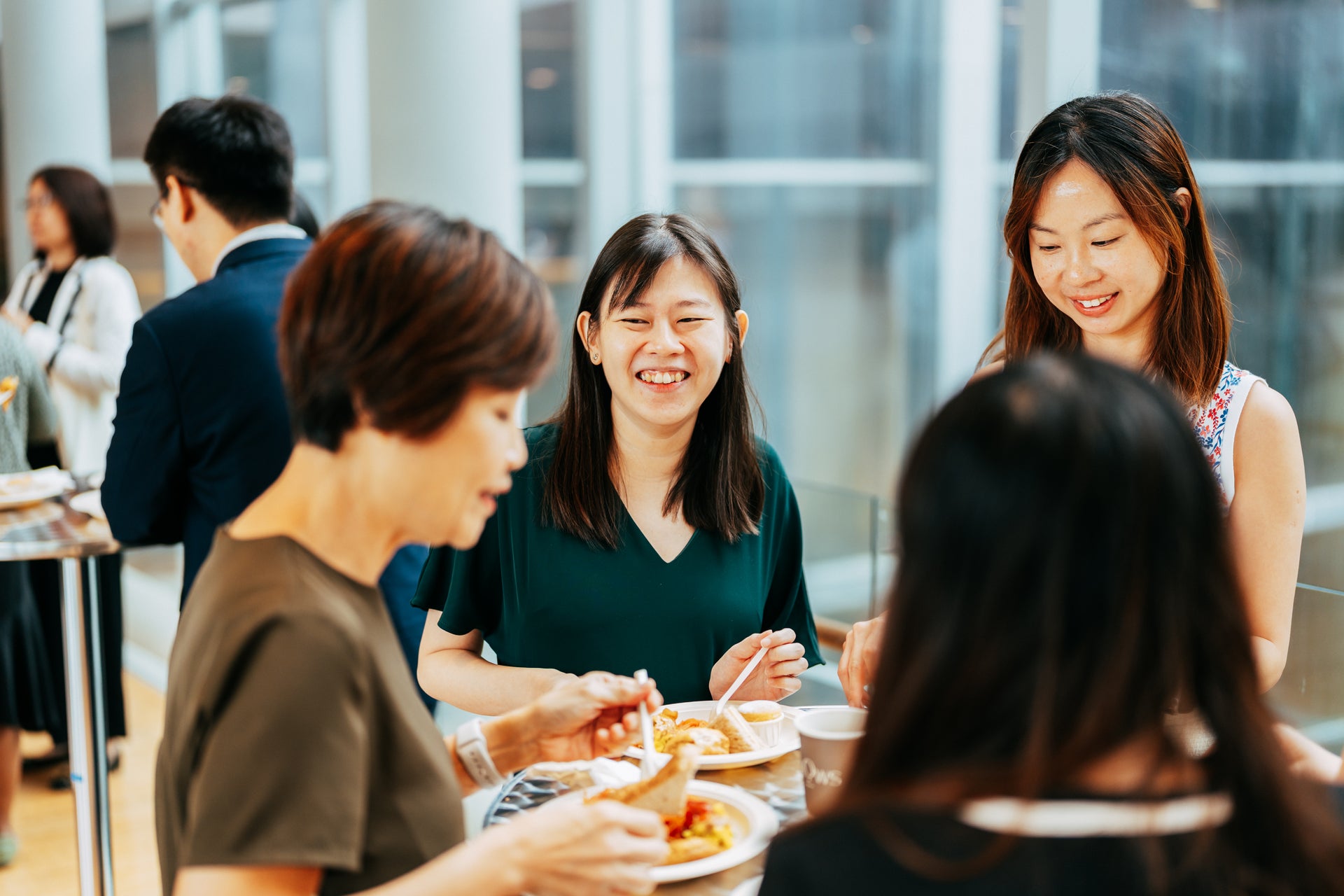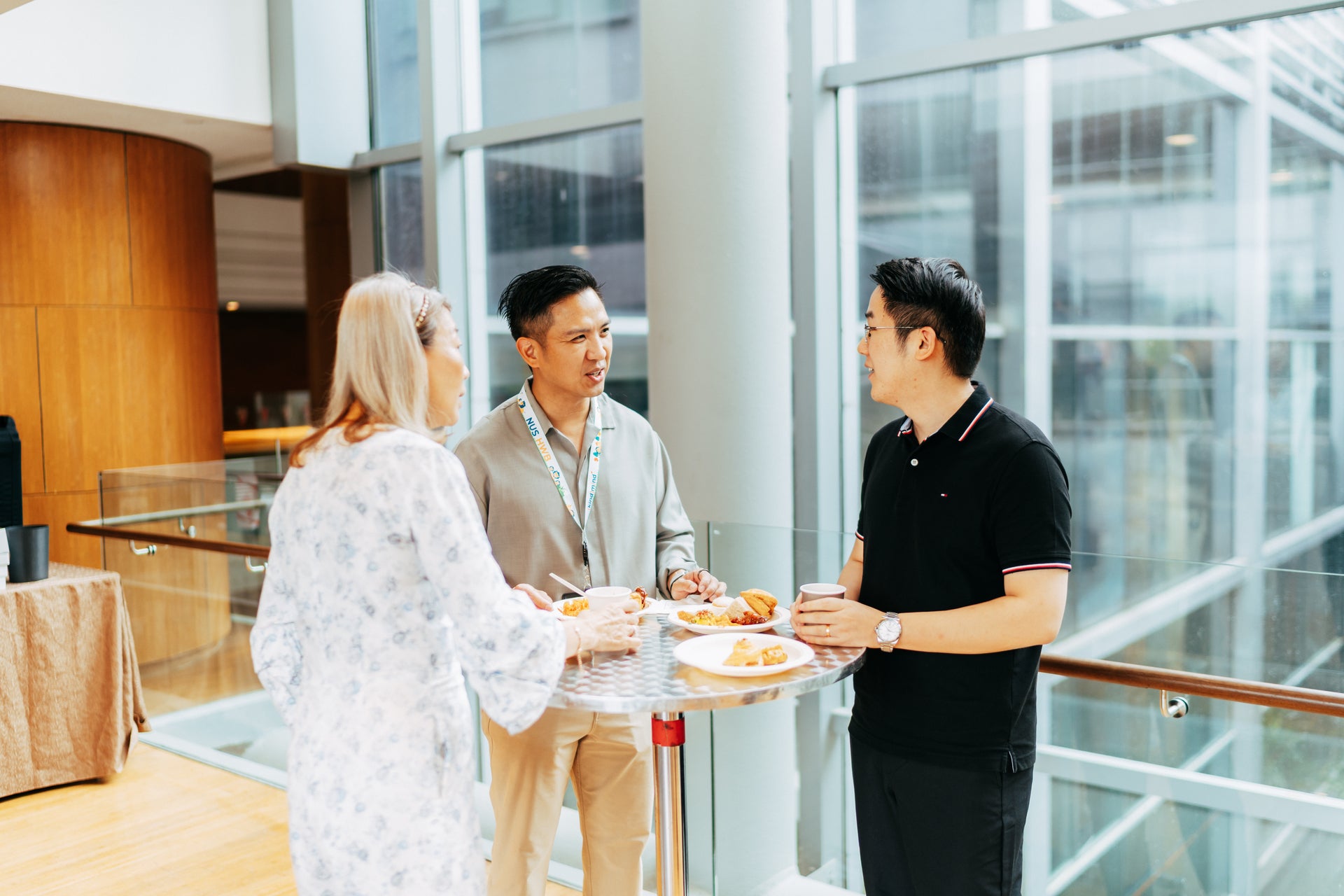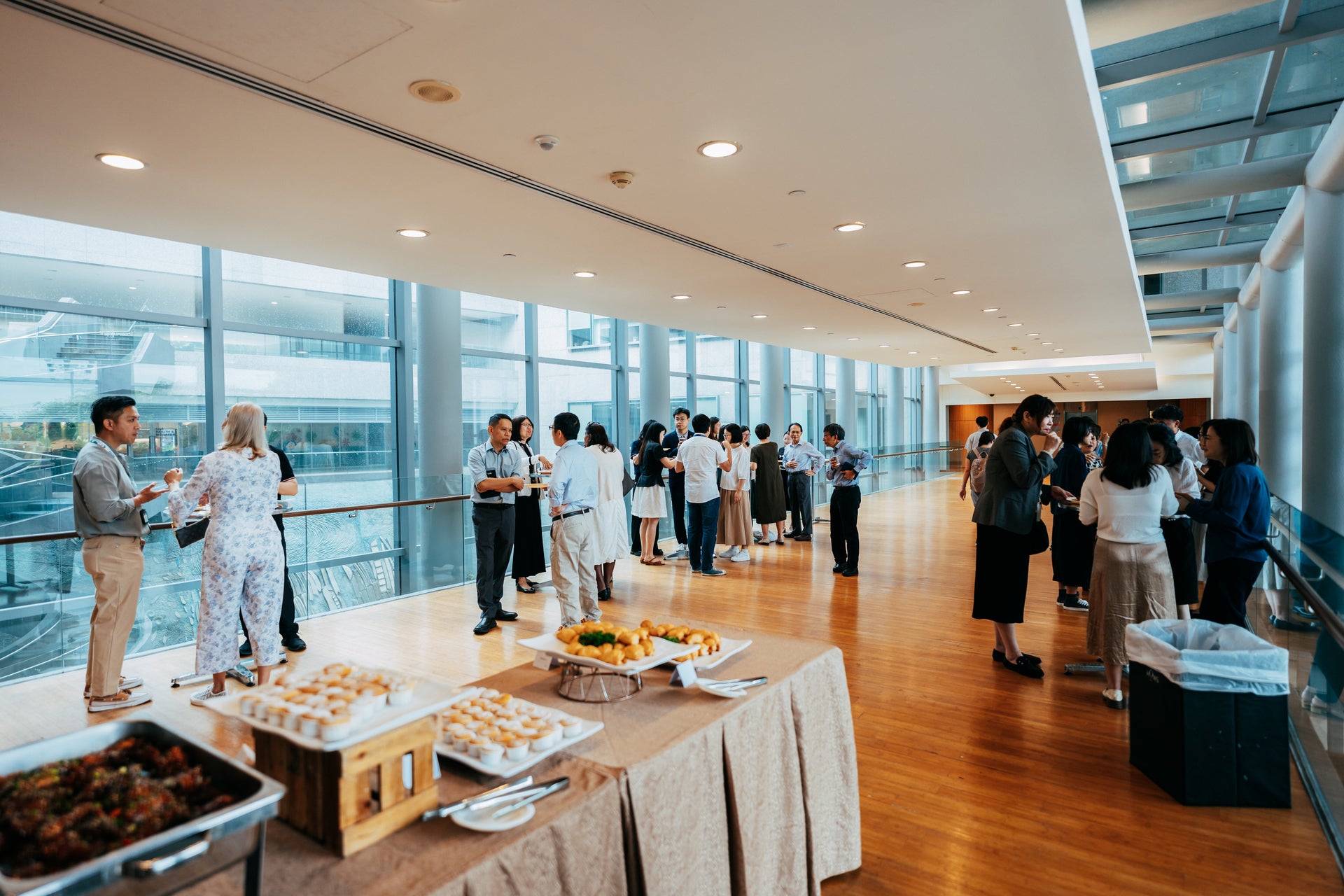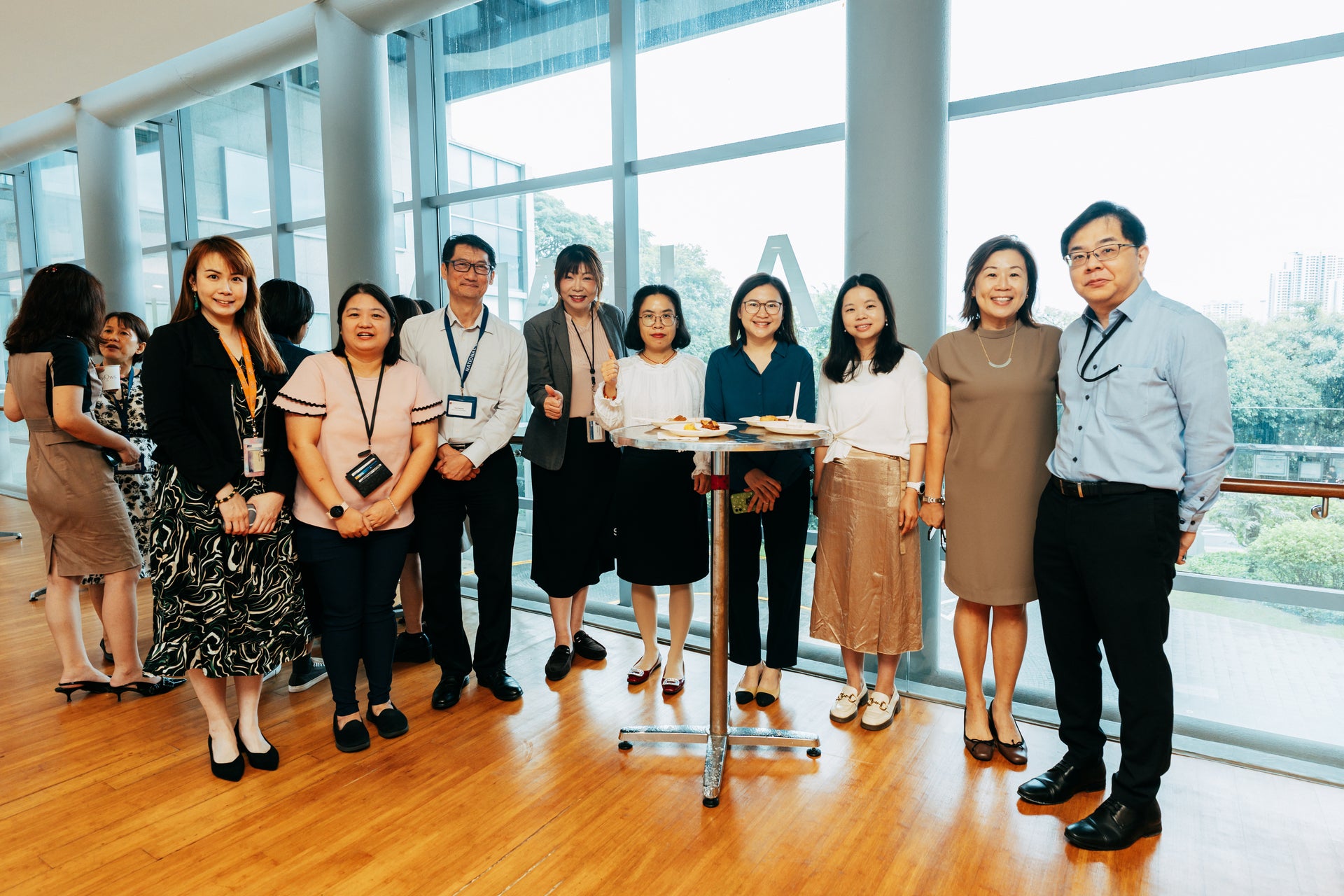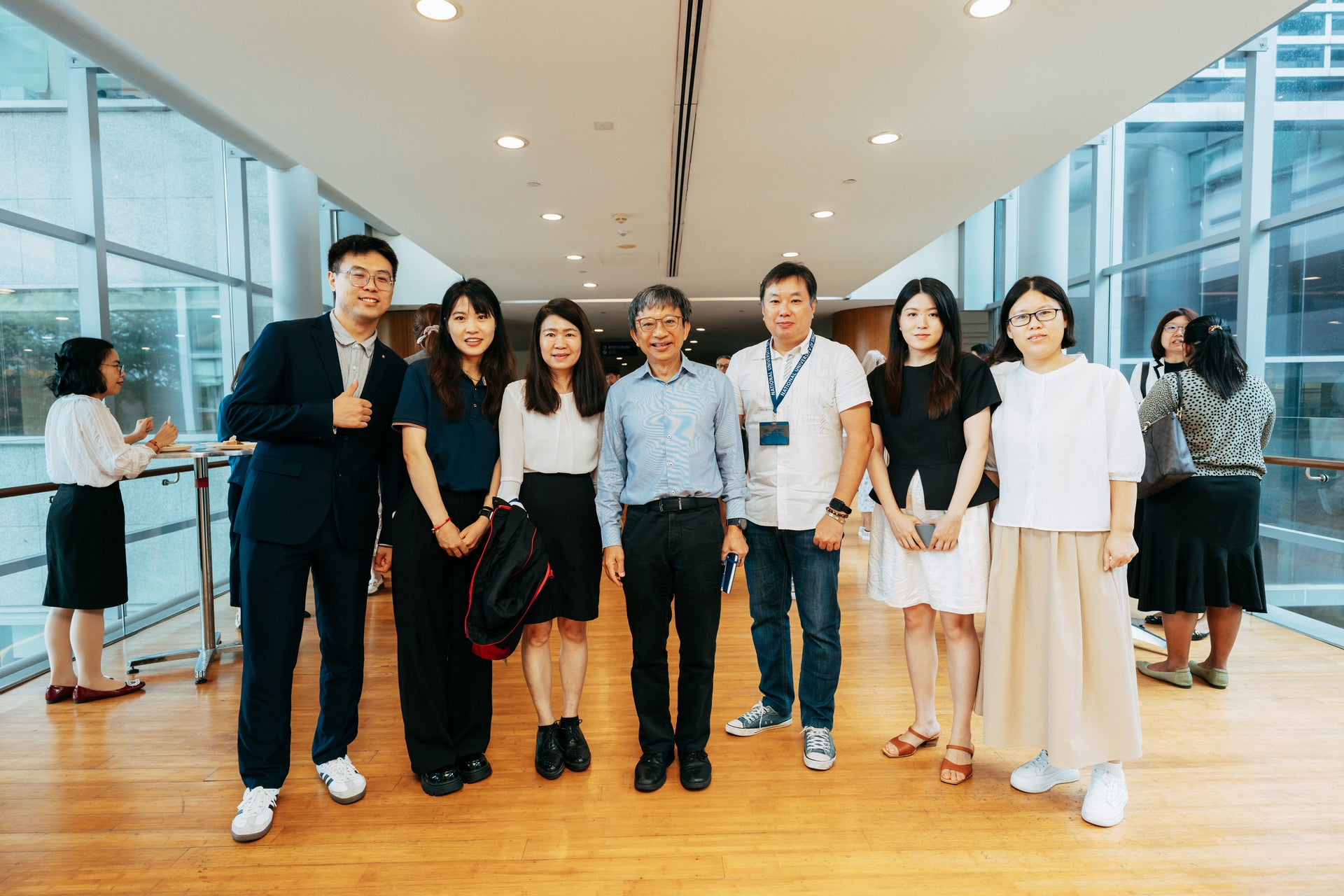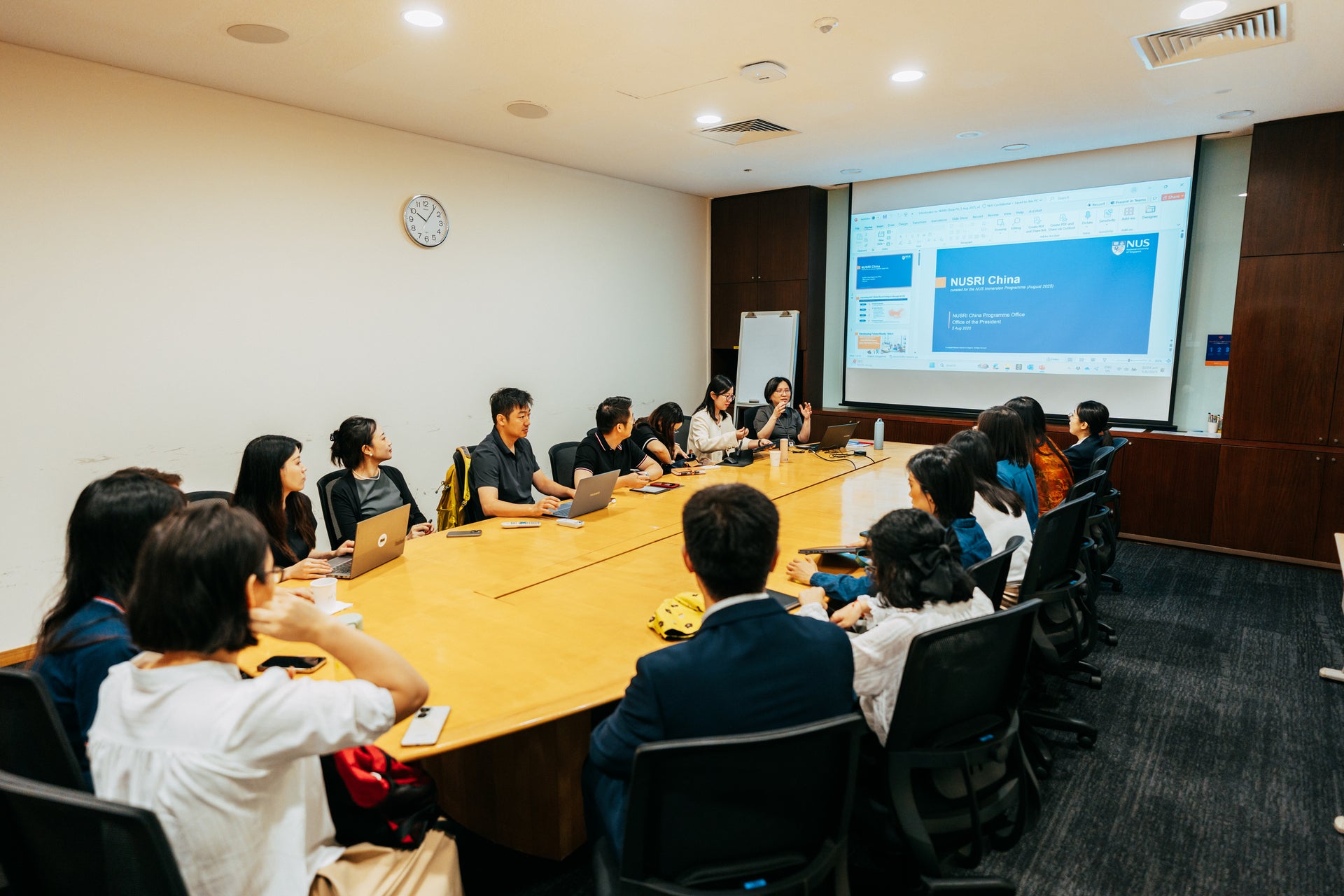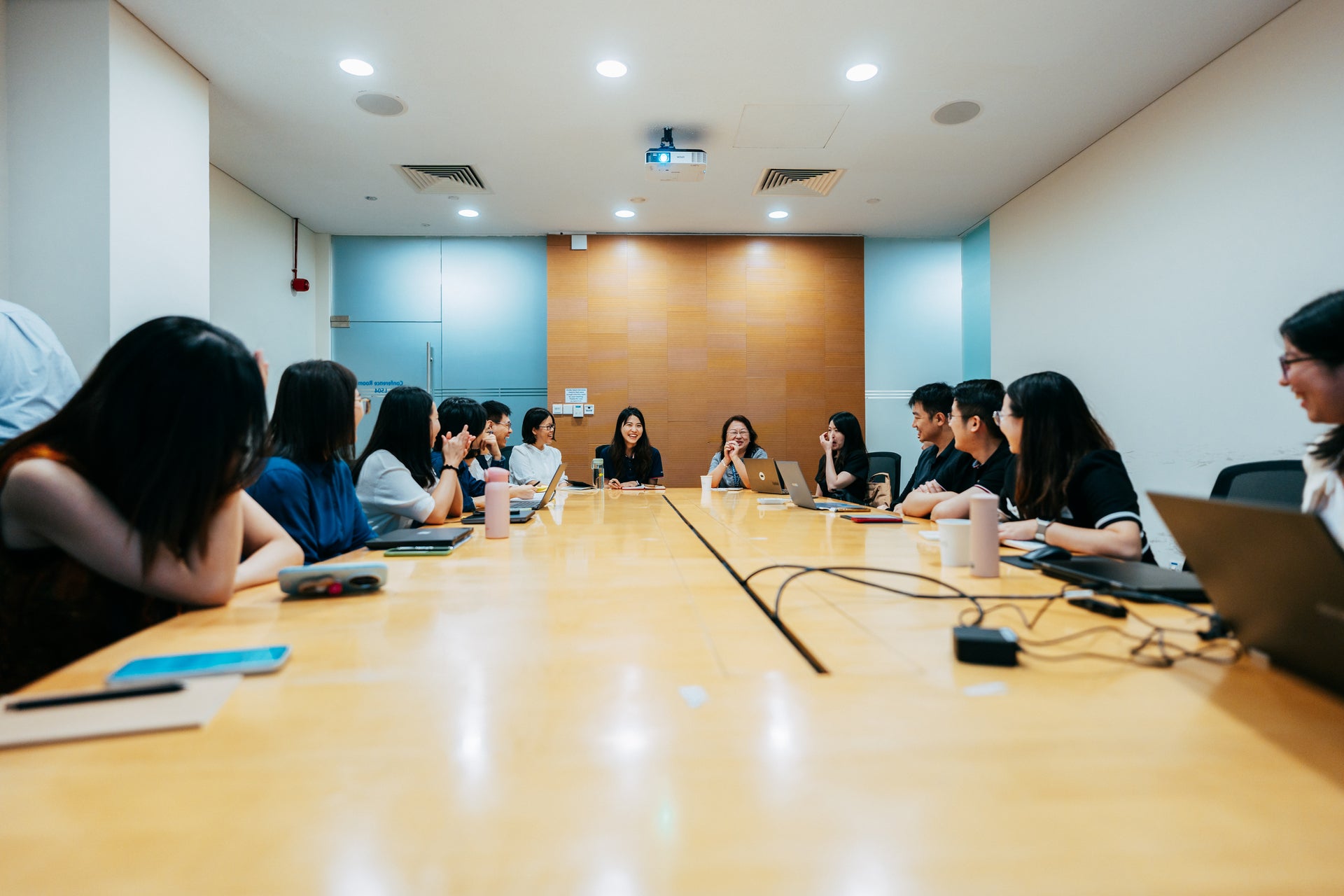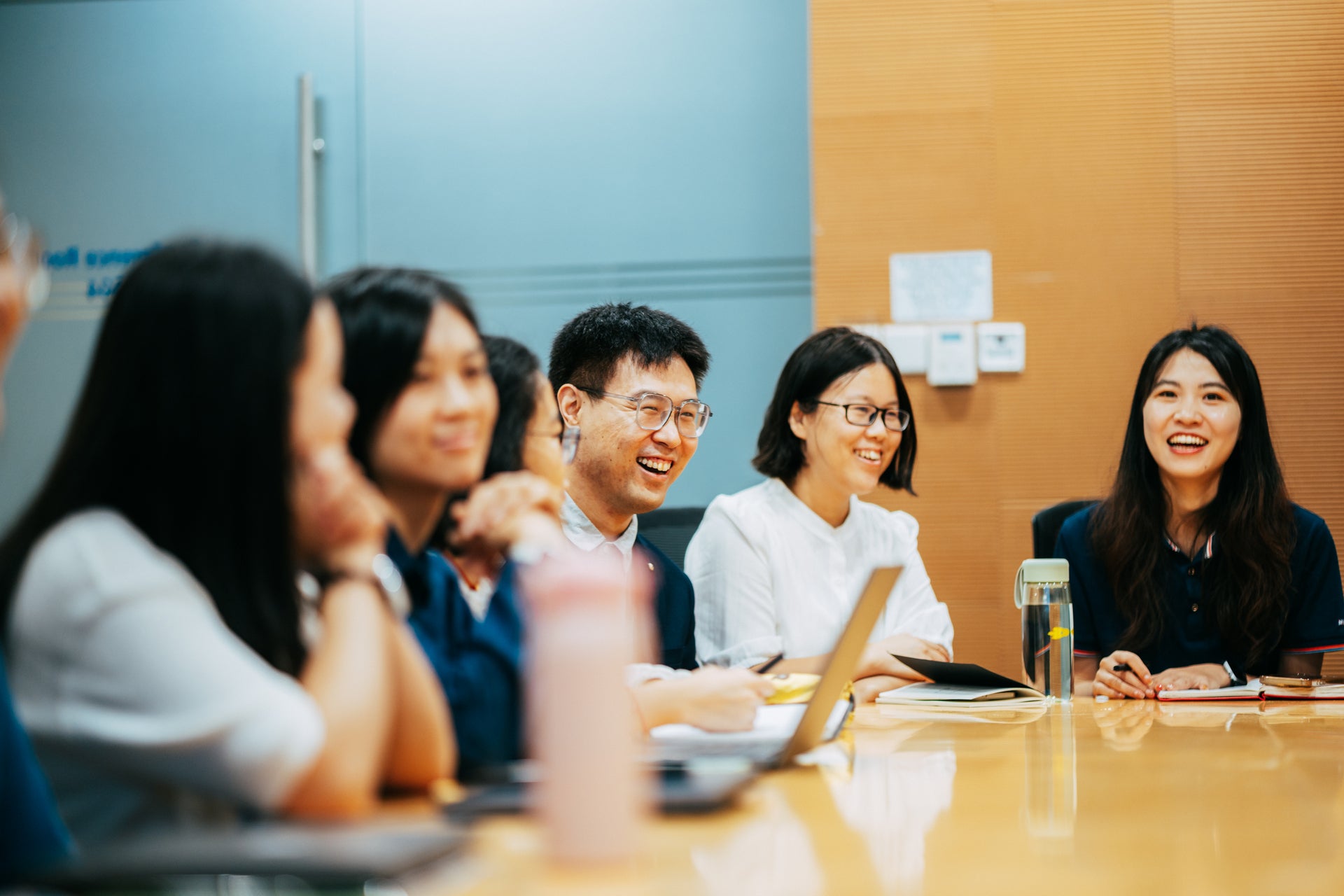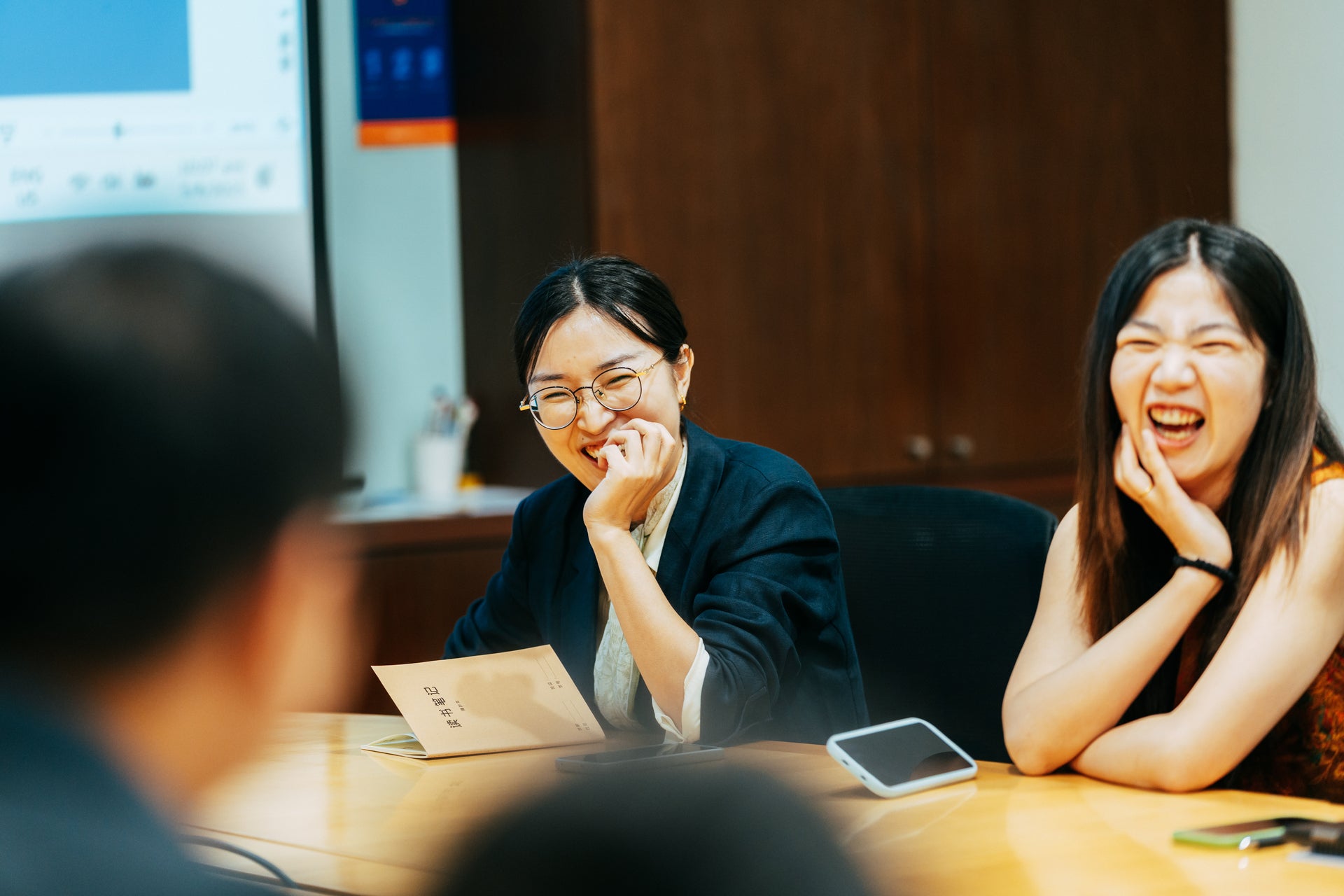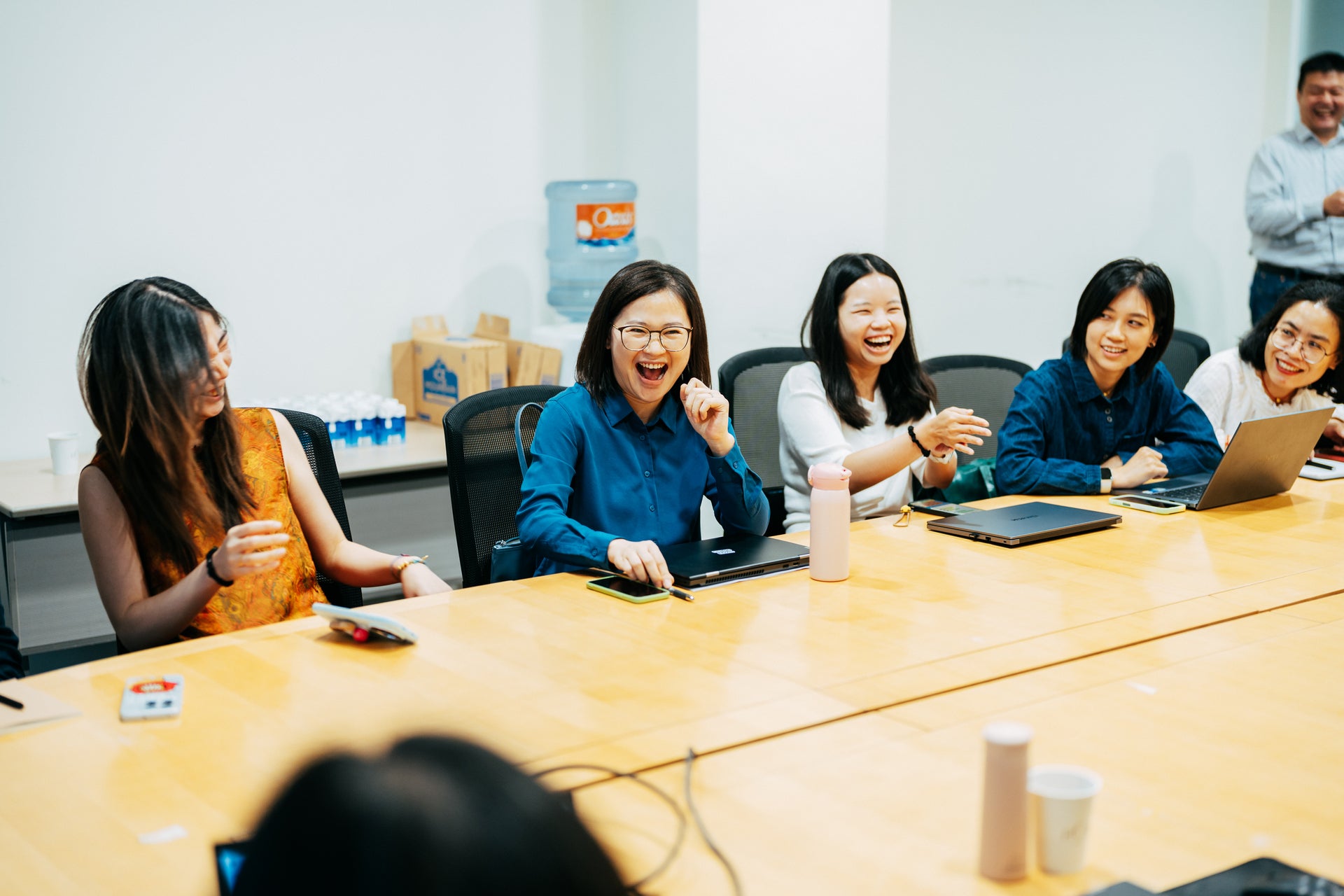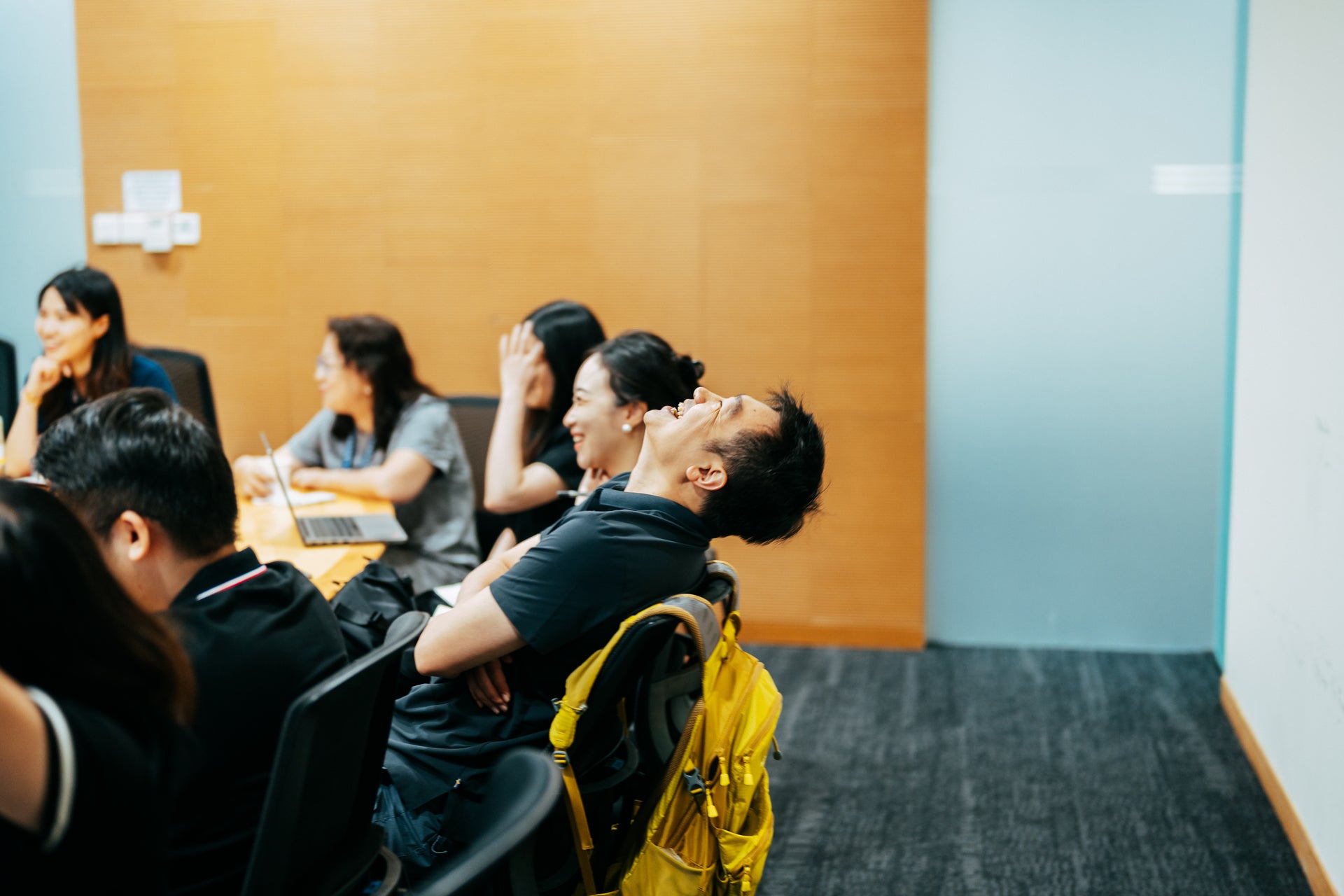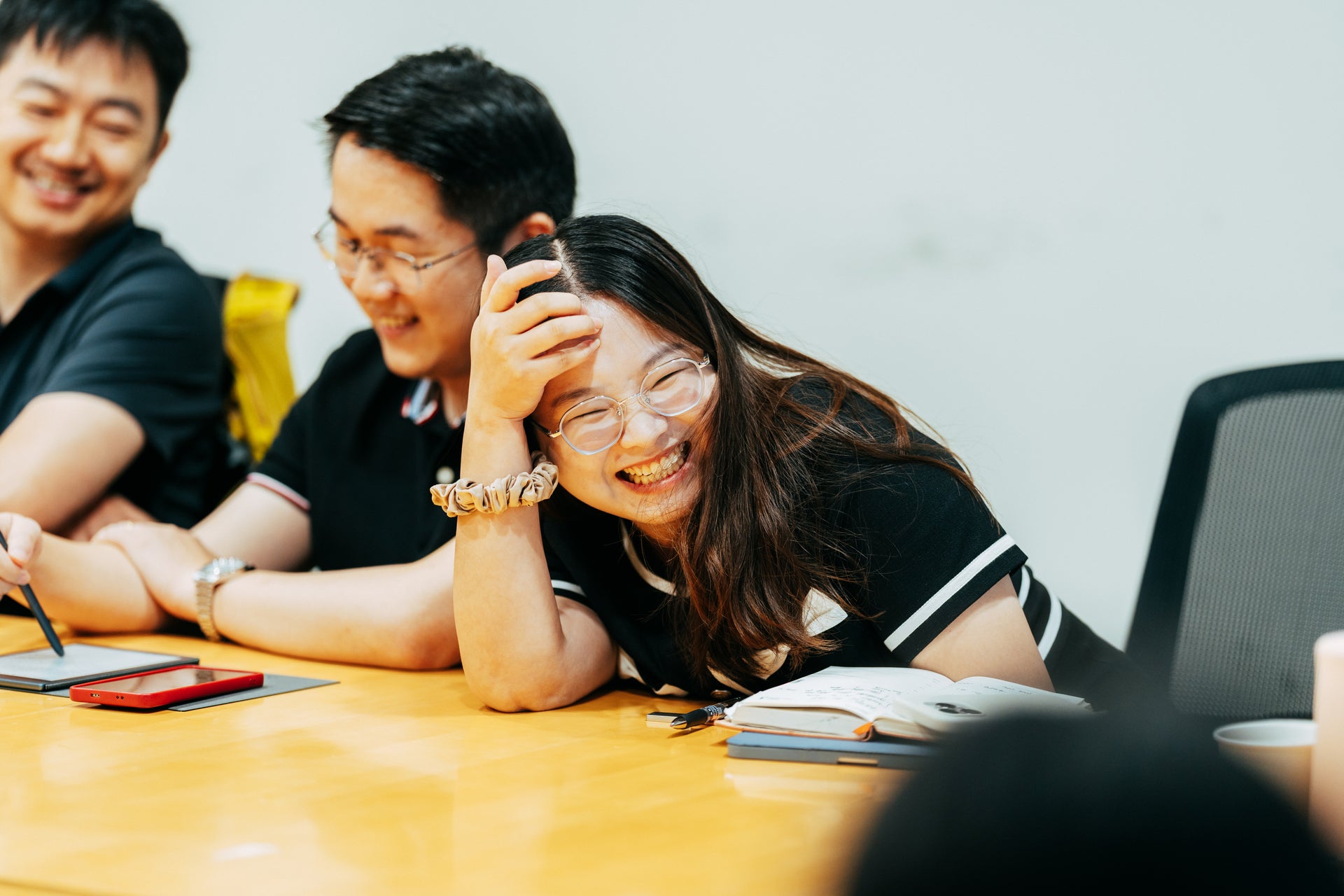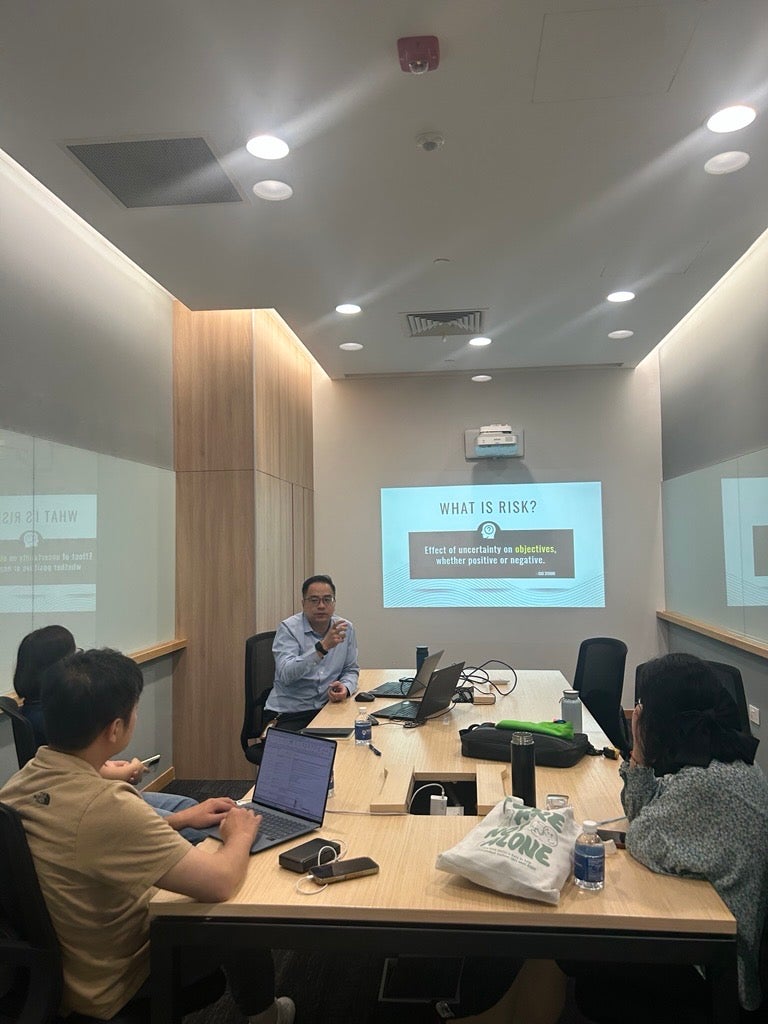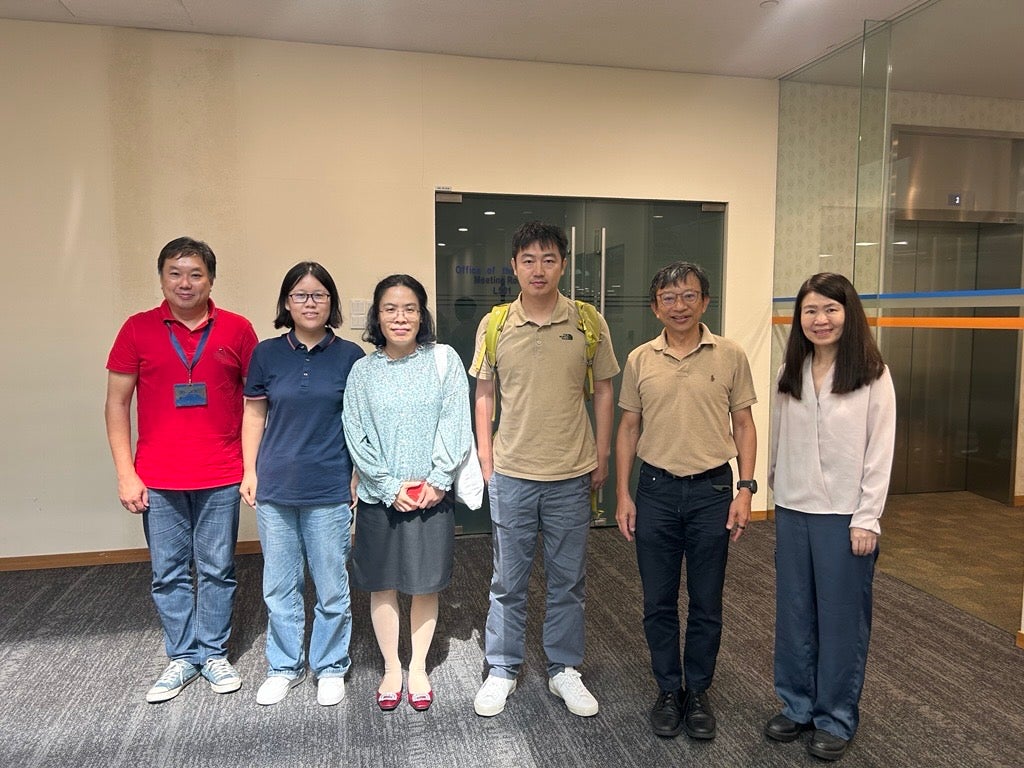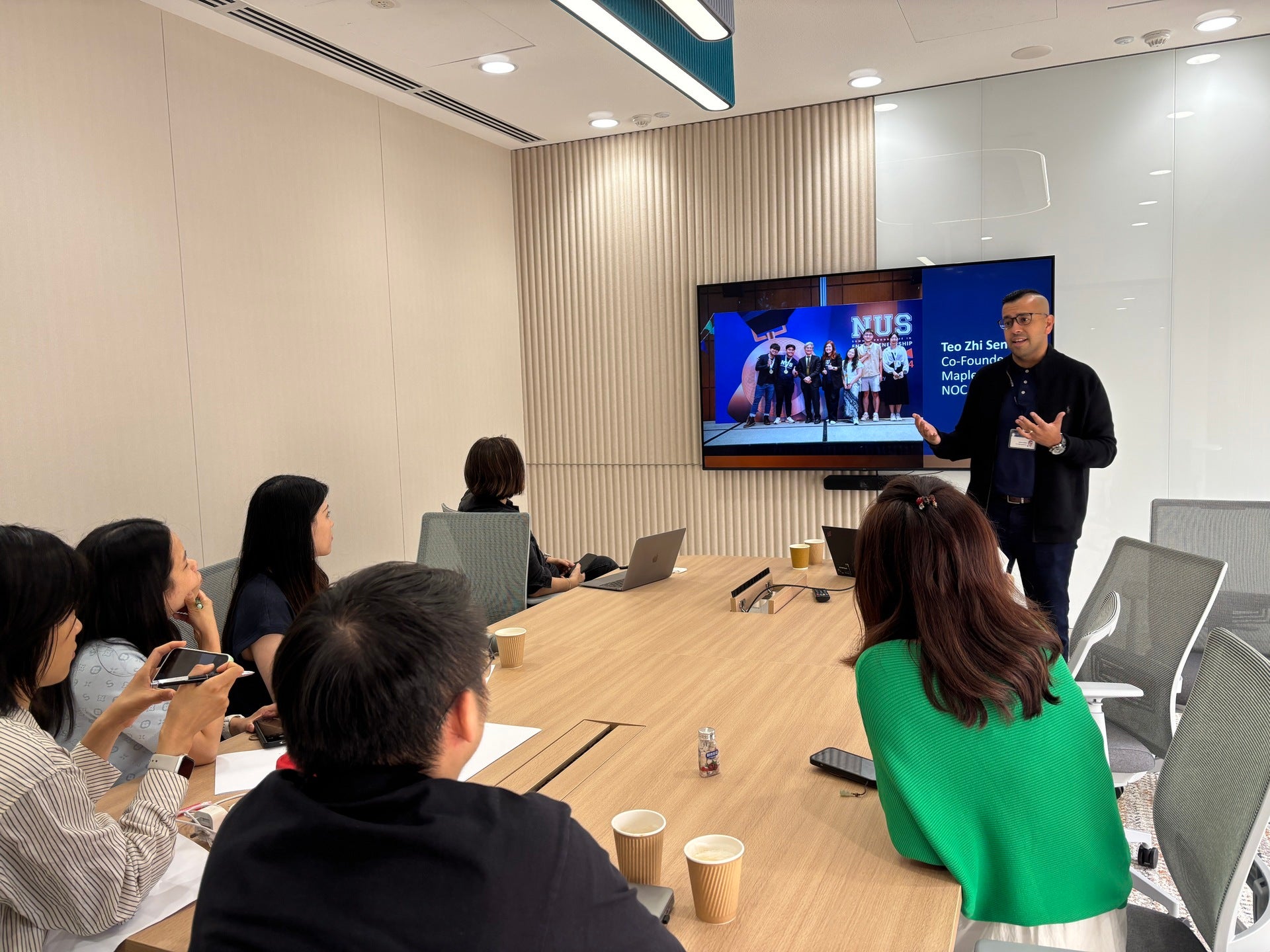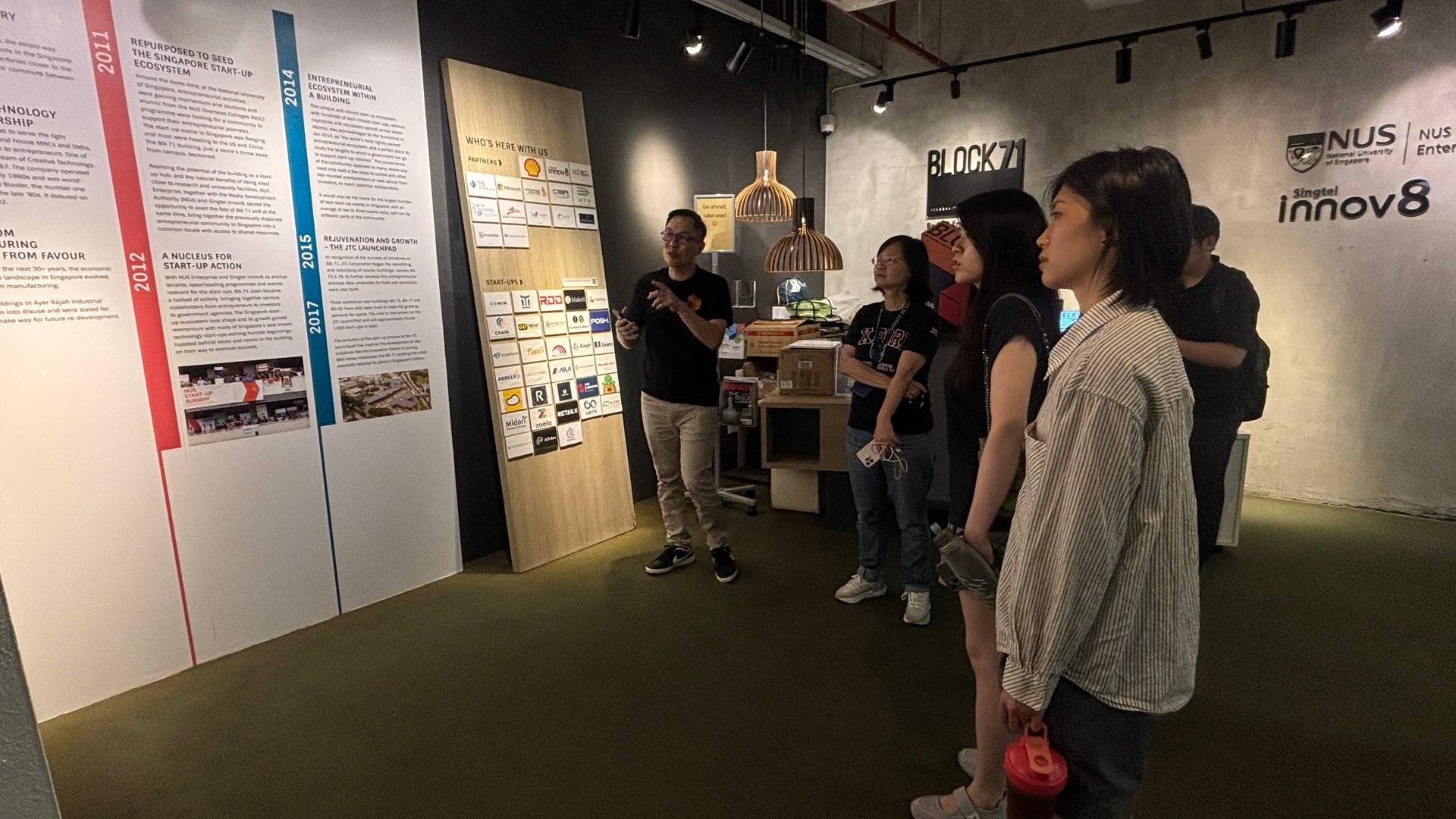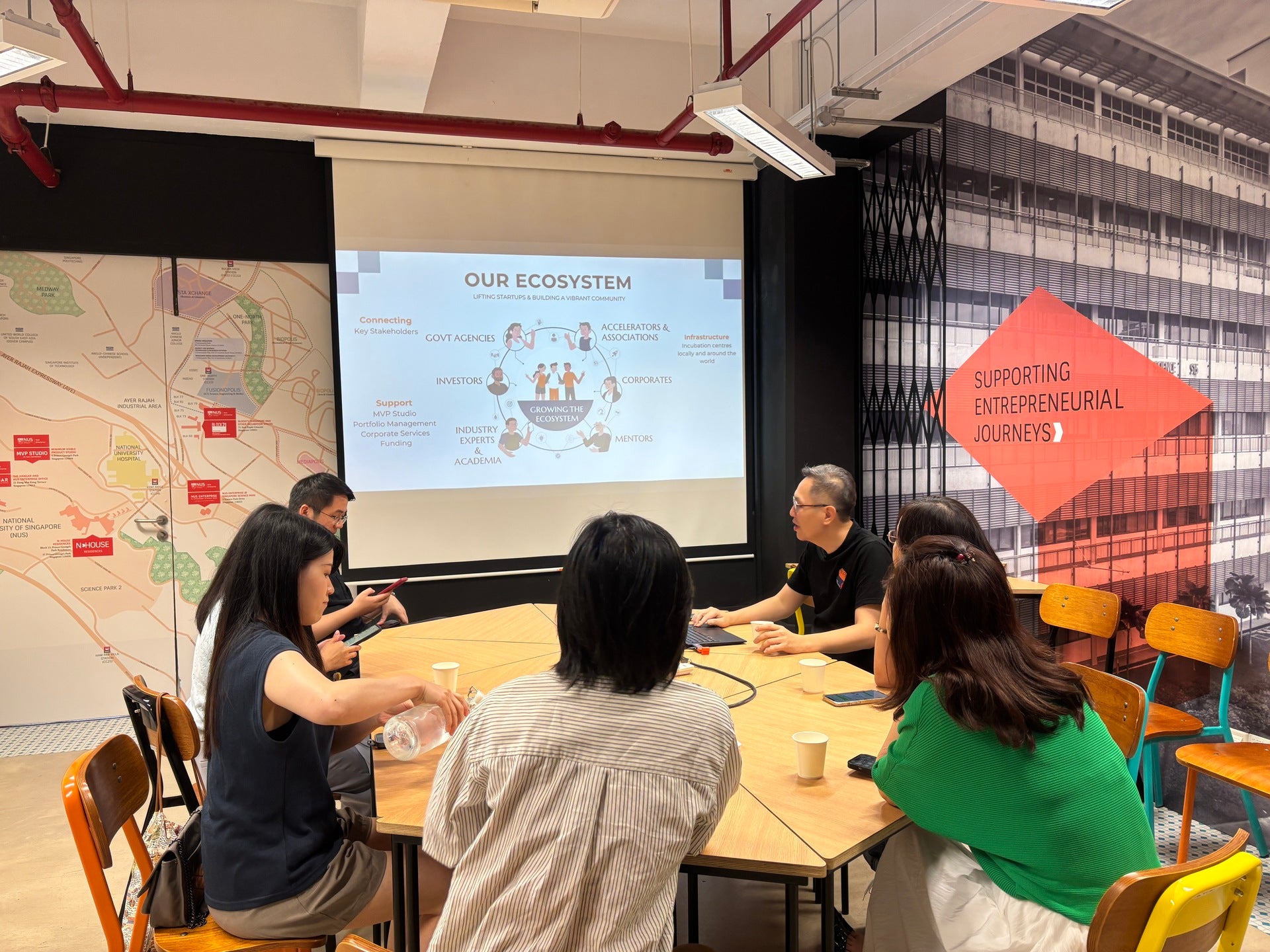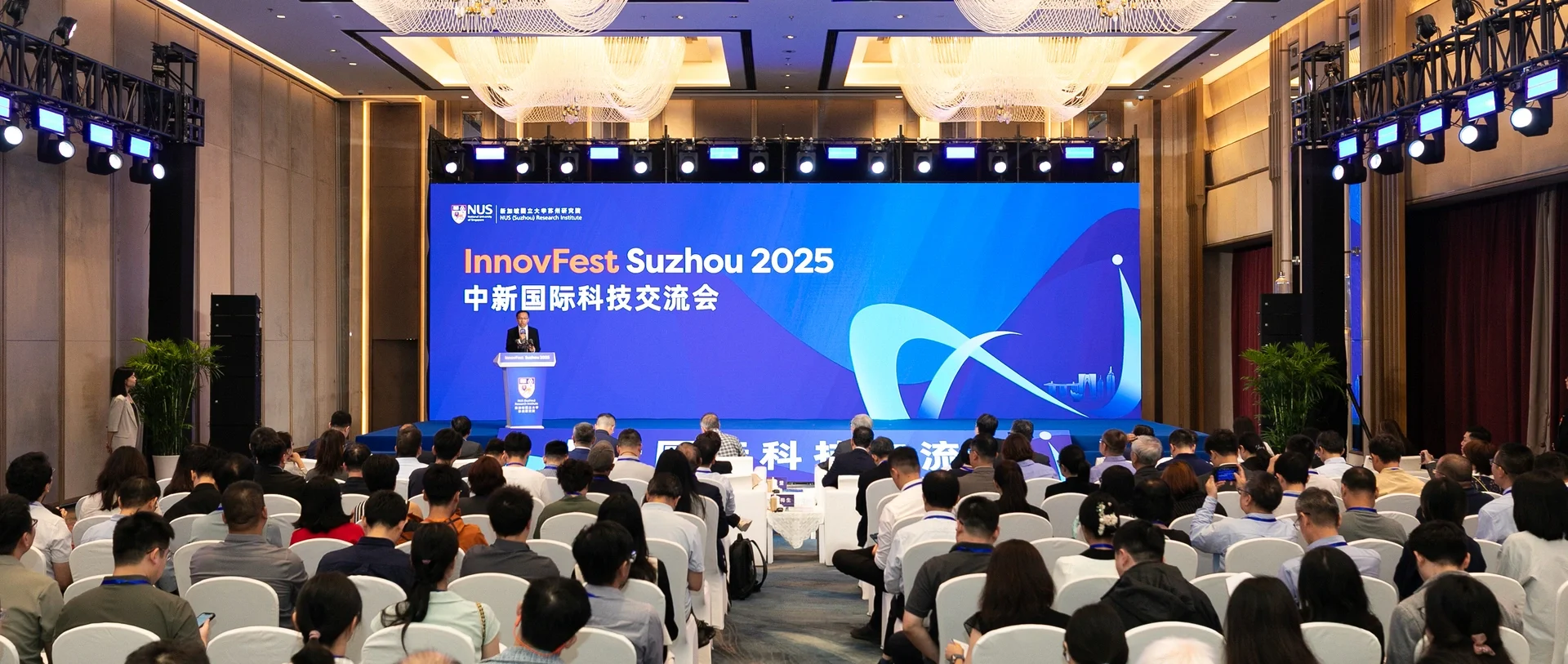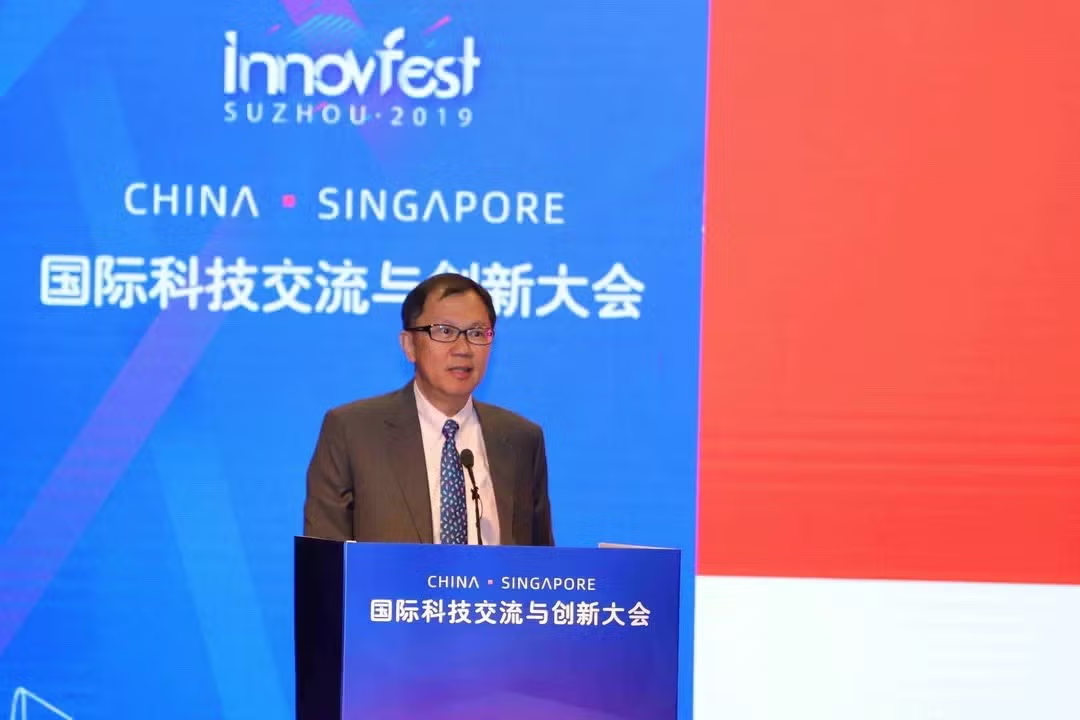
Innovfest Suzhou 2019
Suzhou, 25 September 2019
From 15 to 16 October 2025, the NUS (Suzhou) Research Institute (NUSRI Suzhou) hosted InnovFest Suzhou 2025, bringing together experts, entrepreneurs, investors and policymakers from China, Singapore and around the world.
Held under the theme ‘AI Empowering Innovation, Driving the Future‘, the event explored how artificial intelligence (AI) is transforming industries and creating new opportunities for international collaboration. Over 20 speakers from academia and industry joined the two-day programme, which featured keynote lectures, high-level dialogues, roundtable discussions and technology showcases focusing on the role of AI in advanced manufacturing and biomedicine.
Building the bridge between ideas and application
In his opening address, Professor Xu Guo Qin, Director of NUSRI Suzhou, spoke about the institute’s mission as a bridge for China-Singapore cooperation in science and innovation. “As a key platform for collaboration, NUSRI Suzhou remains committed to advancing research and development in frontier areas such as biomedicine, energy and environment, as well as artificial intelligence,” he said. “Through this event, I hope participants will not only gain knowledge but also form partnerships that translate ideas into real-world impact.”
Echoing Prof Xu’s vision, NUS President Professor Tan Eng Chye highlighted how AI is reshaping the way society learns, works and interacts. “AI is rapidly integrating into every aspect of our lives,” he noted. “At NUS, we encourage innovation, embrace change and pursue solutions that address real-world needs. Our researchers continue to expand the boundaries of AI research, actively exploring its intersections with engineering, medicine, the environment and the humanities. InnovFest Suzhou brings together thought leaders from academia, industry and finance to exchange ideas and spark collaborations that can shape a better future.”


NUS Immersion Programme participants arriving at University Hall for the opening segment in the auditorium.
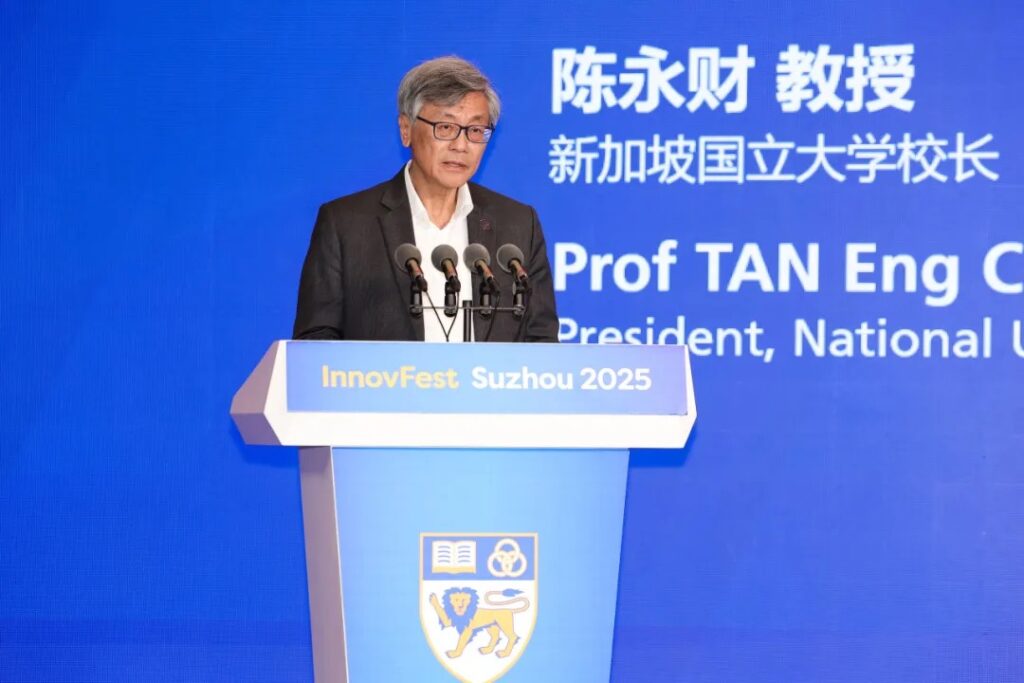
NUS President Professor Tan Eng Chye spoke about how AI is reshaping the way society learns, works and interacts.
NUS President, NUSRI China’s President Advisors and Directors at the opening segment.
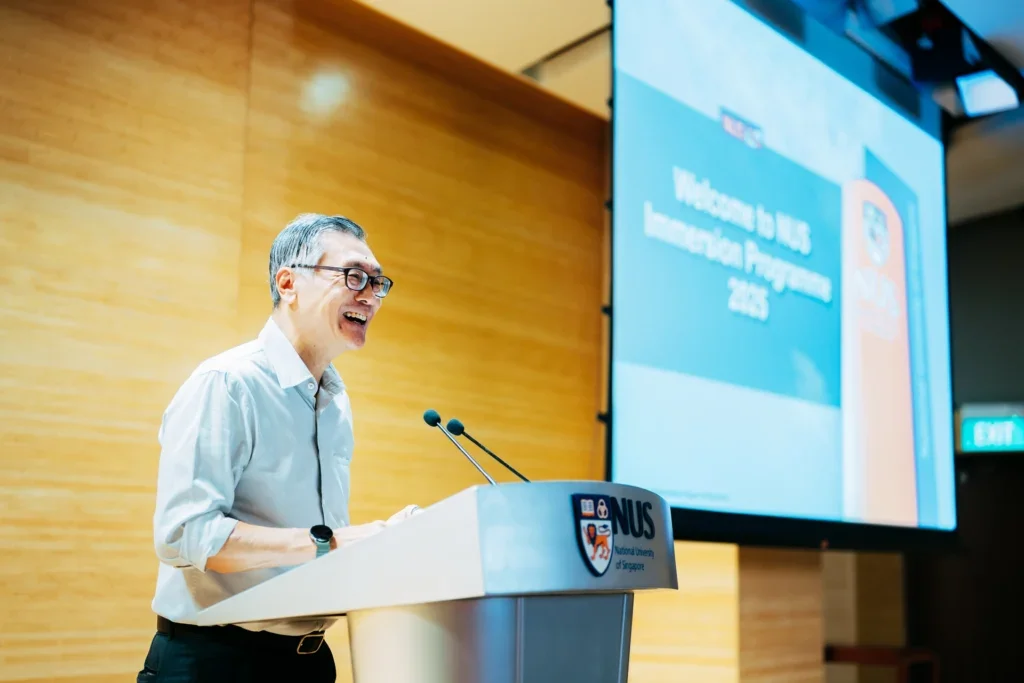
Welcome address by Prof Tan Eng Chye, NUS President and Chairman of NUSRI China Management Committee.
Mr Liu Bo, Deputy Mayor, Suzhou Municipal People’s Government, reflected on the enduring partnership between China and Singapore. “Under the framework of an “All-Round High-Quality Future-Oriented Partnership”, Suzhou and Singapore have deepened cooperation in science, technology and emerging industries,” he said. “NUSRI Suzhou has played an active role in nurturing international talent, drawing on global best practices, and connecting Suzhou with the wider world of innovation.”
From ideas to impact
During the event, two keynote speakers offered thought-provoking perspectives on the development of AI and its human dimension. Professor Wang Jian, Academician at the Chinese Academy of Engineering, Founder of Alibaba Cloud and Director of the Zhejiang Lab, spoke on ‘Young People, Artificial Intelligence and Innovation’. He discussed how the next generation could view AI not merely as a technology, but as a creative collaborator. Professor Abhik Roychoudhury from the NUS School of Computing shared his insights on ‘AI Agents for Software: Lessons in Trust’, focusing on how intelligent systems can be designed to earn and sustain human confidence.
Throughout the conference, sessions under the themes ‘AI + Advanced Manufacturing’ and ‘AI + Biomedicine’ examined the integration of AI into fields such as industrial automation, embodied intelligence, smart transportation, biomedical imaging and precision medicine. These exchanges shed light on how AI is driving the next wave of transformation in industry and healthcare.
Innovation in motion
Drawing on NUS’ global innovation resources, InnovFest Suzhou 2025 featured nearly 30 technology projects, including several from the NUS Graduate Research Innovation Programme. Encompassing AI, advanced manufacturing and biomedical science, the showcase combined interactive demonstrations, product experiences and case study sharing, allowing participants to witness first-hand the application potential and commercial promise of emerging technologies.
The event also created a matchmaking platform connecting innovation and industry. Startup founders, mentors, investors and experts engaged in dialogue, helping teams refine strategies, access resources and accelerate the translation of research outcomes into market-ready solutions.
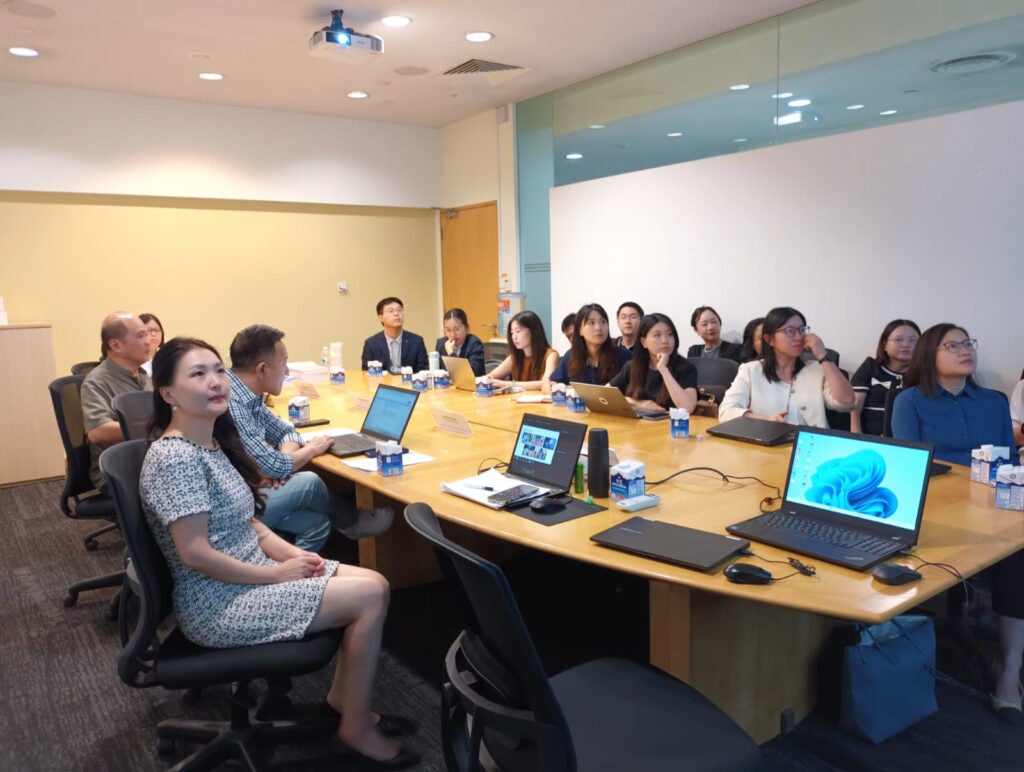
Sharing session with the Office of University Communications.
“All the sessions were truly wonderful. They gave me a comprehensive understanding of NUS and will be very helpful for my work,” said Meng Xueping from Research Office, NUSRI Chongqing. Wang Ting from HR and Administration Office, NUSRI Chongqing also shared: “The orientation activities helped me connect with colleagues from different departments and understand the various systems of NUS.”
Behind every discovery: safety, compliance and trust
Those under the Research Administration track were given a close look at how NUS upholds safety, compliance and integrity in research. The Office of Risk Management and Compliance guided them through safety and health systems, laboratory processes and operational risk management. Colleagues from the Office of the Deputy President (Research and Technology) and the Office of Legal Affairs then shed light on how research contracts are managed with rigour and clarity. The attachment with the NUS Graduate School rounded out the experience, demonstrating how the University supports graduate students alongside its faculties and schools.

Attachment with NUS Office of Risk Management and Compliance.
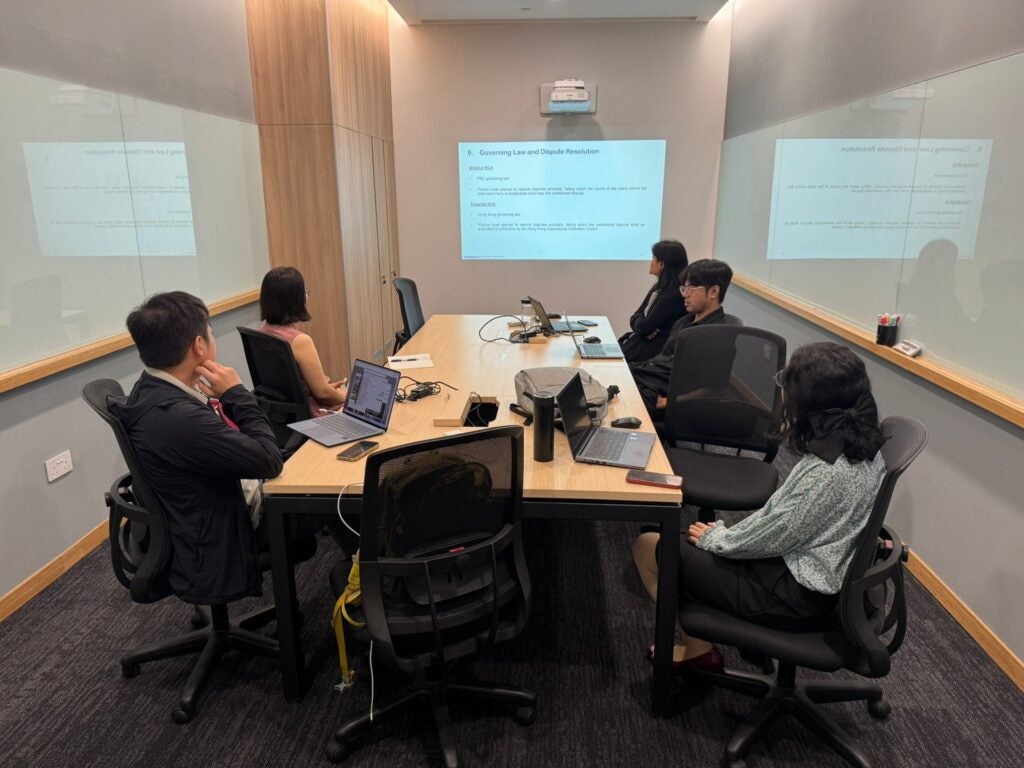
Attachment with NUS Office of the Deputy President (Research and Technology), and Office of Legal Affairs.
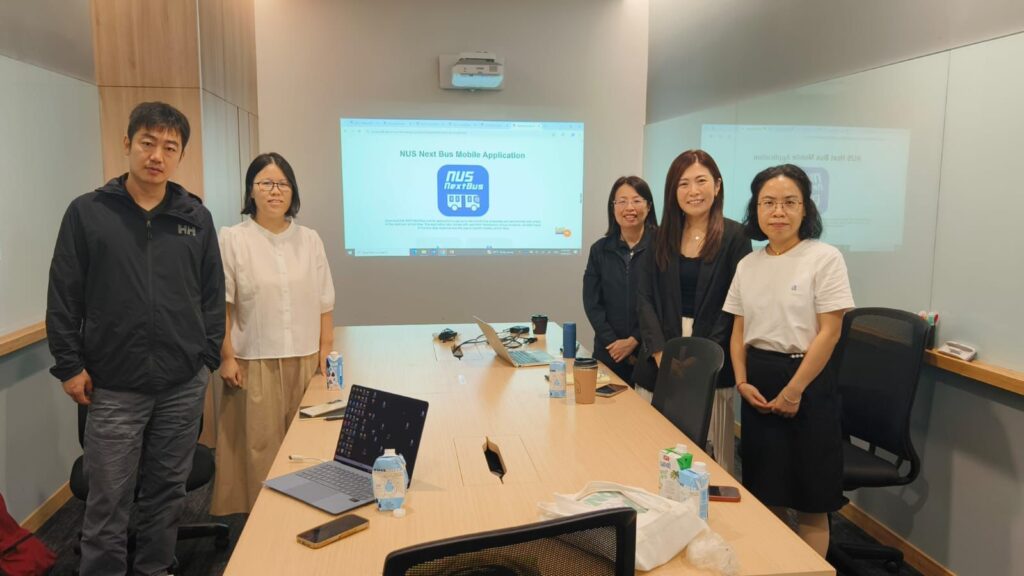
Attachment with NUS Graduate School.
A front-row seat to innovation and entrepreneurship
As for the group under the Enterprise track, a visit to NUS Enterprise was eye-opening. The sessions with the Graduate Research Innovation Programme (GRIP) and Technology Transfer and Innovation (TTI) teams and the BLOCK71 incubator showed how brilliant ideas are brought to life and translated from research to market.
“The day we spent with NUS Enterprise gave me a broad and clear view of how innovation works at NUS and in Singapore,” Lou Yini from Enterprise Office, NUS GRTII shared. “Through GRIP and TTI, I saw how entrepreneurship is fostered among both professors and students.”
For Lou, the highlight was discovering an NUS ecosystem buzzing with energy, where research, culture and entrepreneurship collide. “What I enjoyed most about the NUS Immersion Programme was the unique blend of academic exploration and cultural connection,” said Lou. “I was inspired by the rigour of NUS’ academic environment, the warmth of its people and the spirit of entrepreneurship here.”
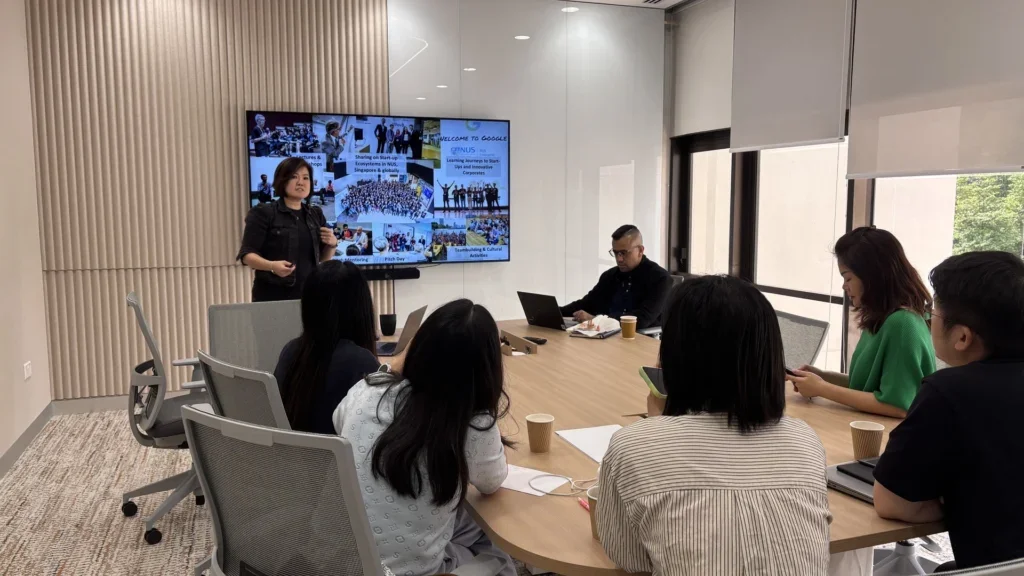
Sharing session with NUS Enterprise Academy team.

Participants enjoyed a tour of BLOCK71 incubation centres.
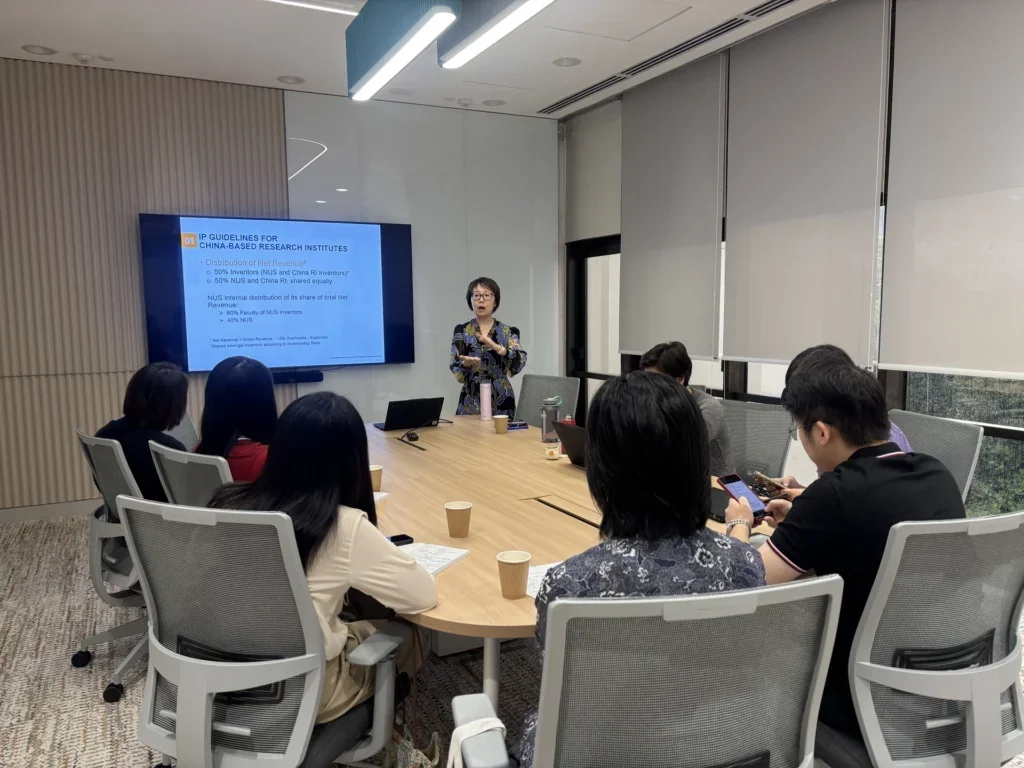
Sharing session with Technology Transfer and Innovation team.
Seeing student life through fresh lens
Staff who joined the Education track learned how NUS supports students in their academic and personal journeys. Through sessions held by the Office of Student Affairs (Student Wellness) and University Counselling Services, they observed how the University addresses student wellbeing in a structured and supportive way.
“I gained valuable insights into the psychological issues that students often encounter,” said Chai Yingtao from Education Office, NUSRI Chongqing. “It gave me a clearer understanding of how I can support students’ mental health needs, and I also learned about the resources that NUS provides to help them navigate these challenges.”
On the other hand, engagements with the Centre for Future-Ready Graduates highlighted career-preparatory initiatives and employer engagement strategies, broadening their perspectives on how universities can prepare students for life beyond graduation.
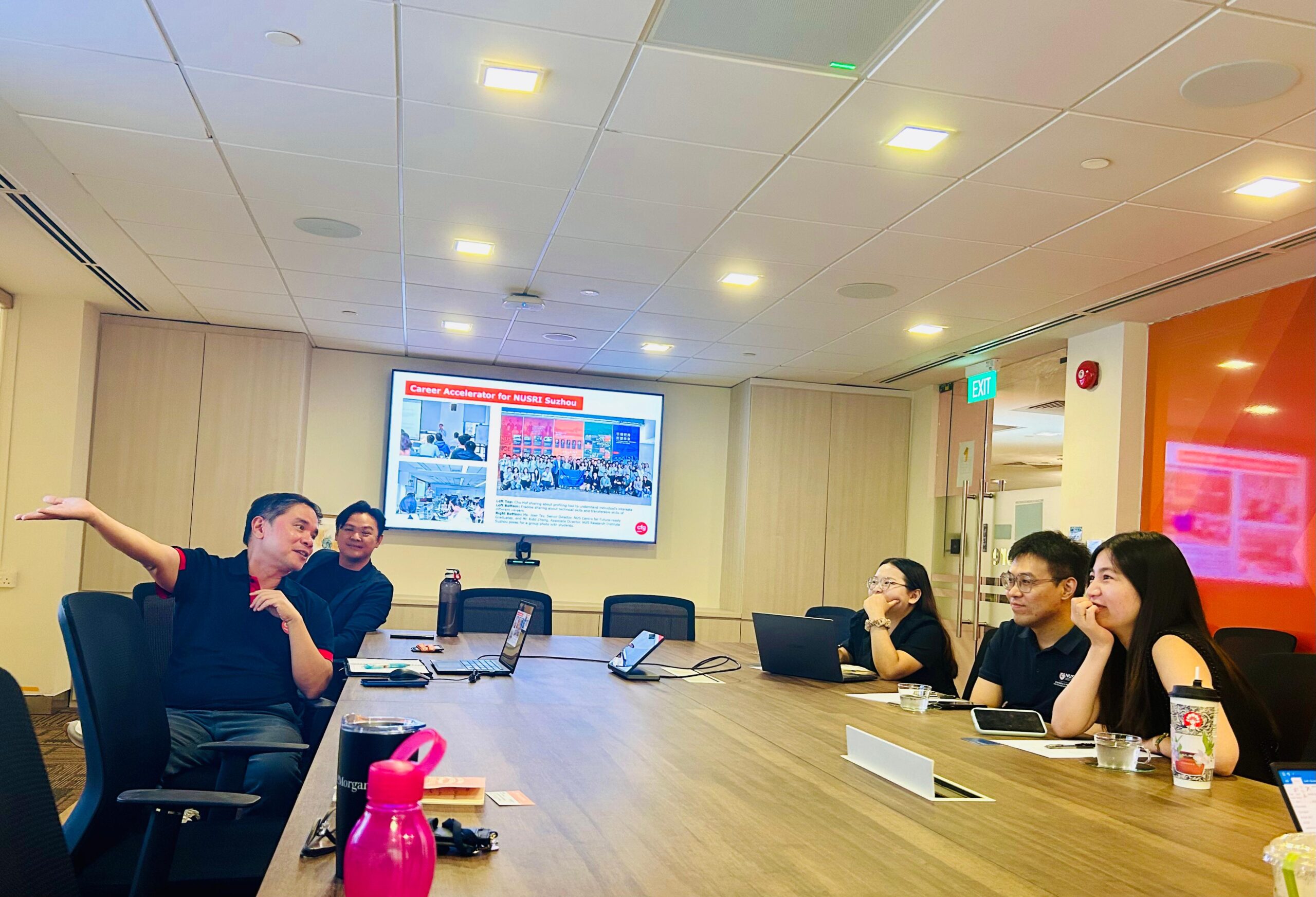
Attachment with NUS Centre for Future-Ready Graduates.
Lessons from the engine room of a university
The Administration and Operations track allowed participants to peer into the behind-the-scenes functions that keep the University running seamlessly. Attachments with the finance, procurement, internal audit, and health and wellbeing teams provided hands-on exposure to processes ranging from finance system controls to governance and health and wellbeing.
Kong Jinjing from HR and Administration Office, NUSRI Suzhou noted: “This Immersion Programme deepened my understanding of NUS’ work culture and processes. I gained practical insights from the finance and audit teams, and built valuable connections with colleagues at NUS and other research institutes for future collaboration.”

Attachment with NUS Health and Wellbeing Unit.
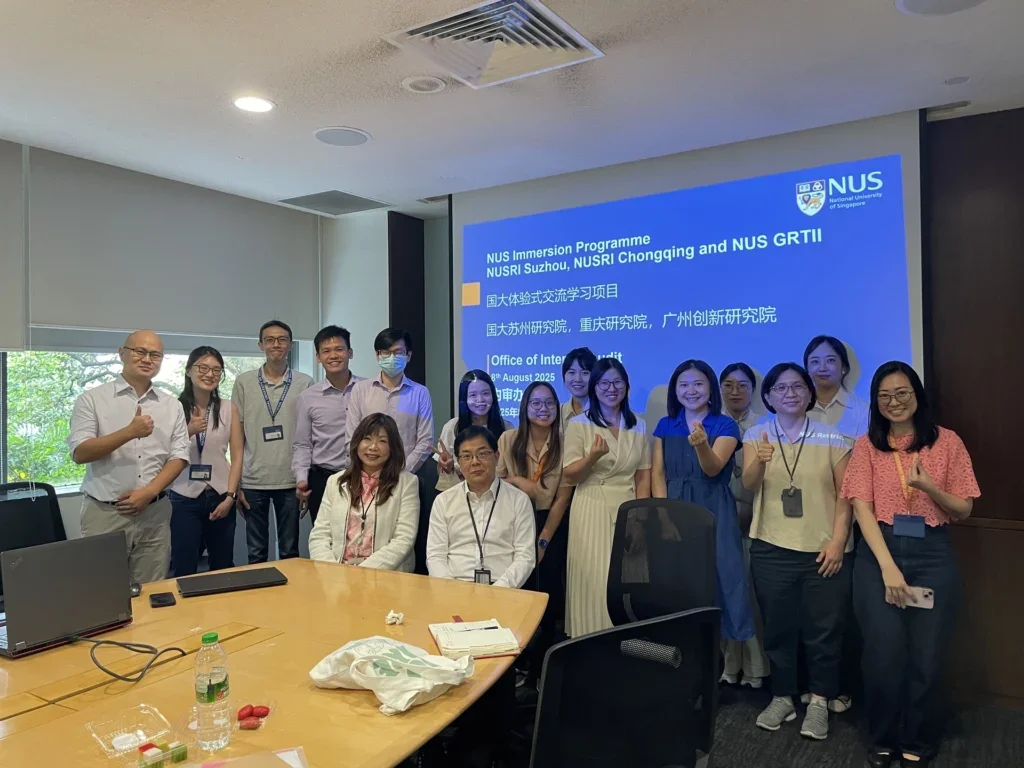
Attachment with NUS Office of Internal Audit.
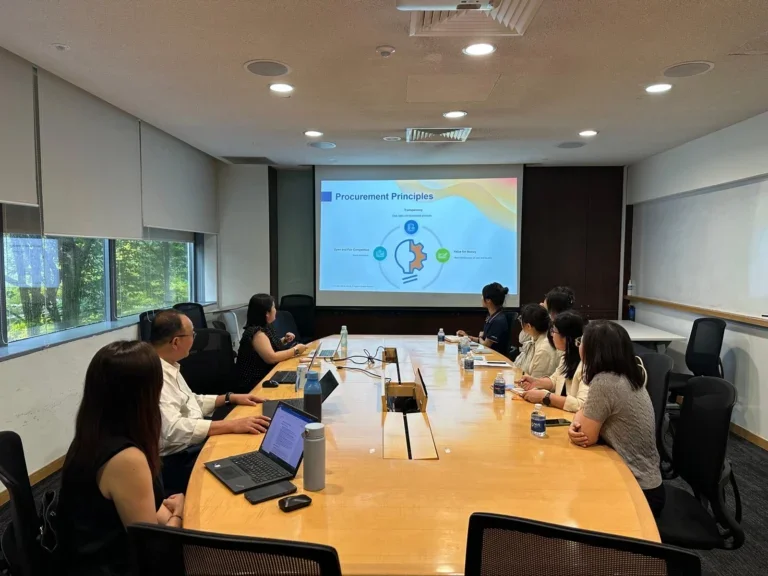
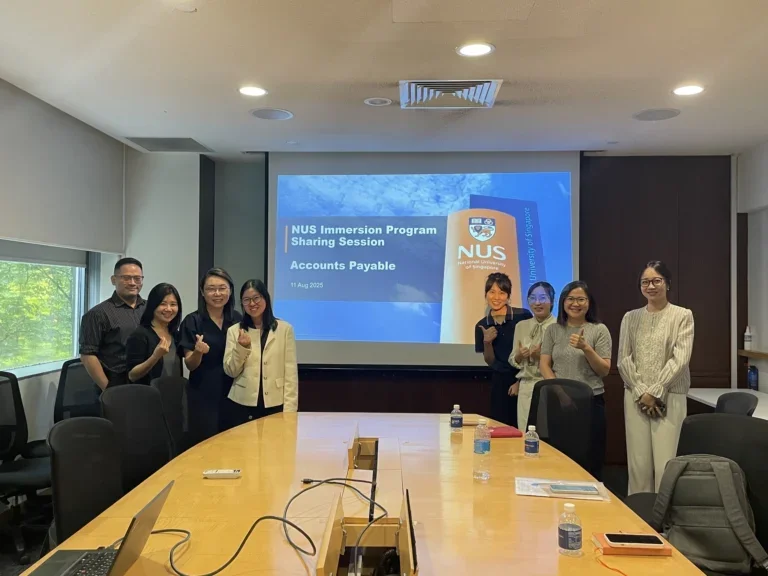
Attachment with NUS Central Procurement Office, with a related segment covered by the accounts payable team in NUS Office of Finance.
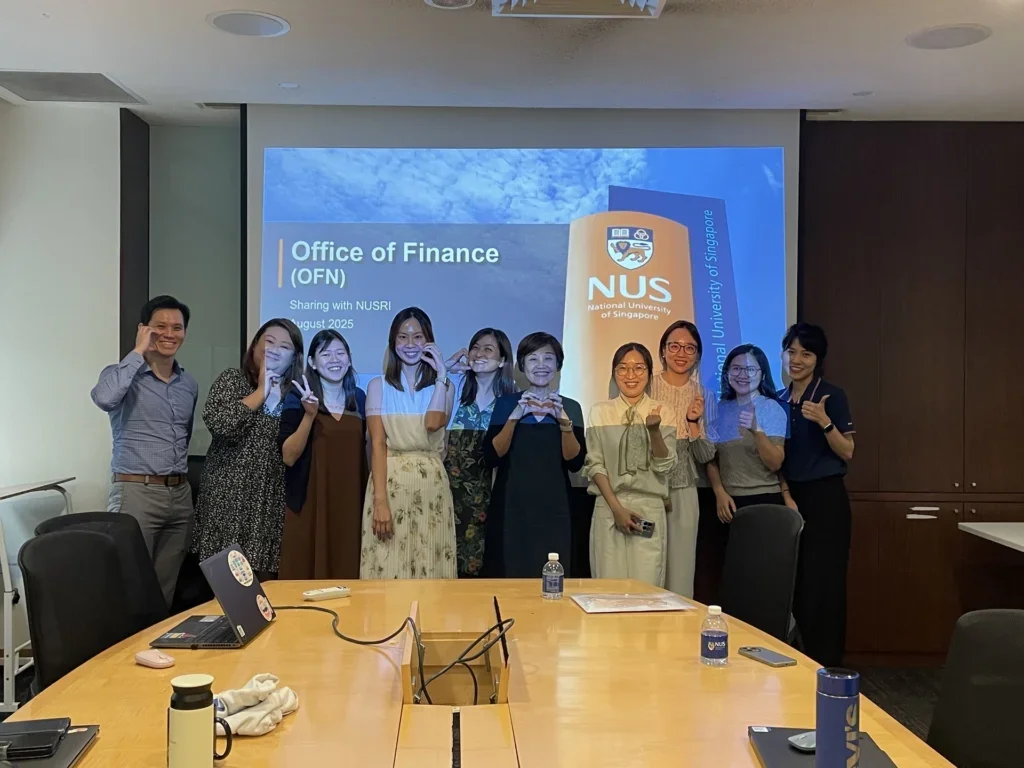
Attachment with NUS Office of Finance.
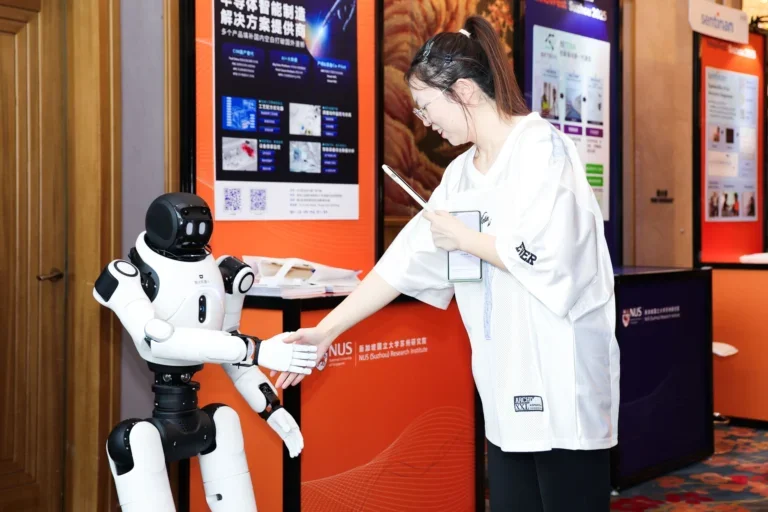
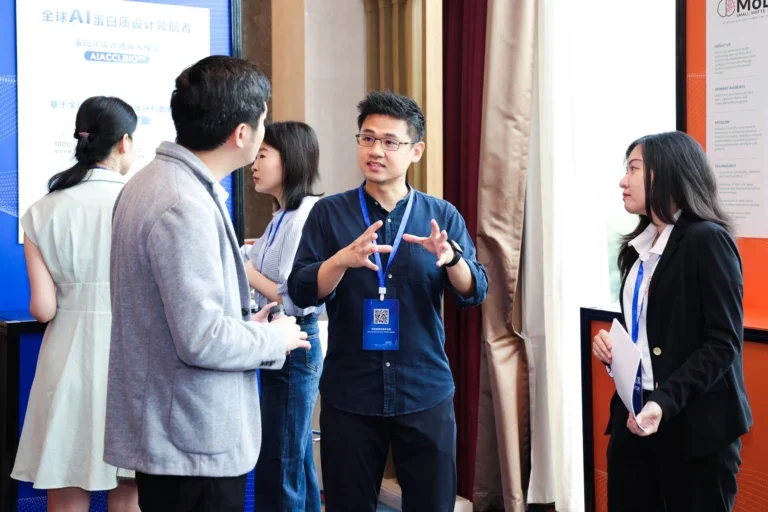
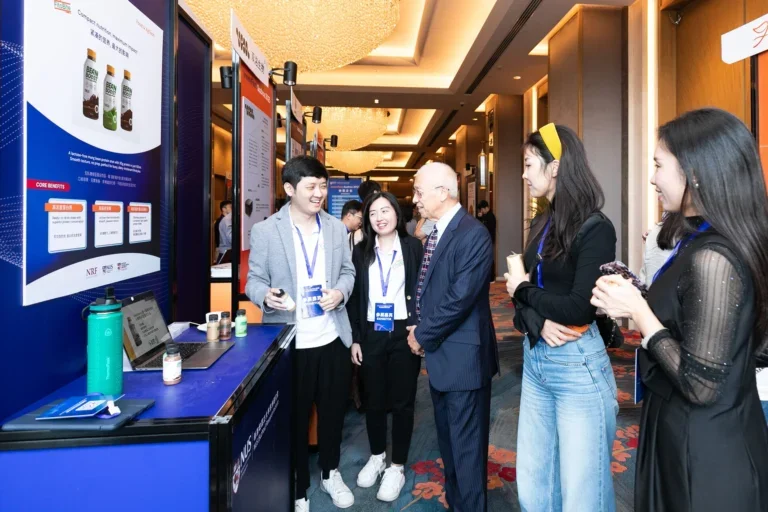
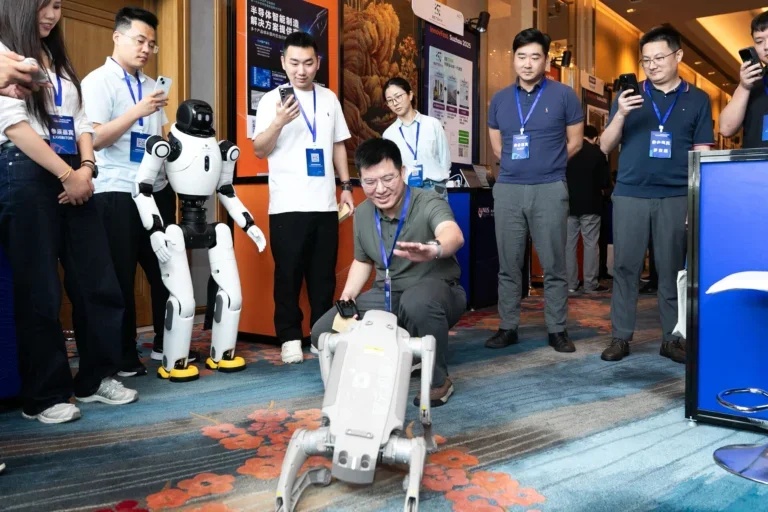
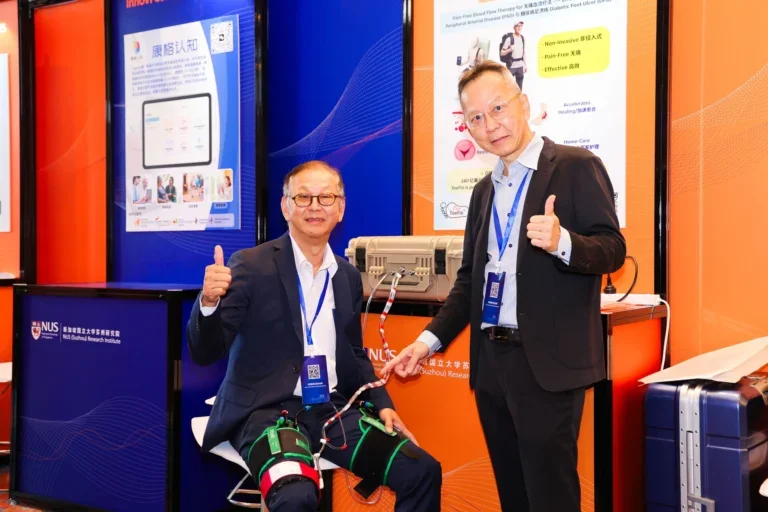
What struck participants just as much as the content was the professionalism on display. “The competence and dedication of the trainers left a strong impression. Their ability to combine operational mastery with strategic thinking sets an exemplary model for us to follow,” reflected Kong.
Wang from NUSRI Chongqing also added: “Thanks to the organisers and speakers, I came to know NUS better and met more colleagues from different departments. It was very helpful for my work and a very memorable experience.”
Cross-cultural bonds that carry work further
Indeed, the NUS Immersion Programme was not only about systems and processes. It was also about meeting colleagues, building relationships and discovering shared purpose. Participants repeatedly highlighted the value of connecting with fellow colleagues from across Suzhou, Chongqing, Guangzhou and Singapore.
The Tech Show at InnovFest Suzhou 2025 featured almost 30 excellent technology projects encompassing AI, advanced manufacturing and biomedical science.
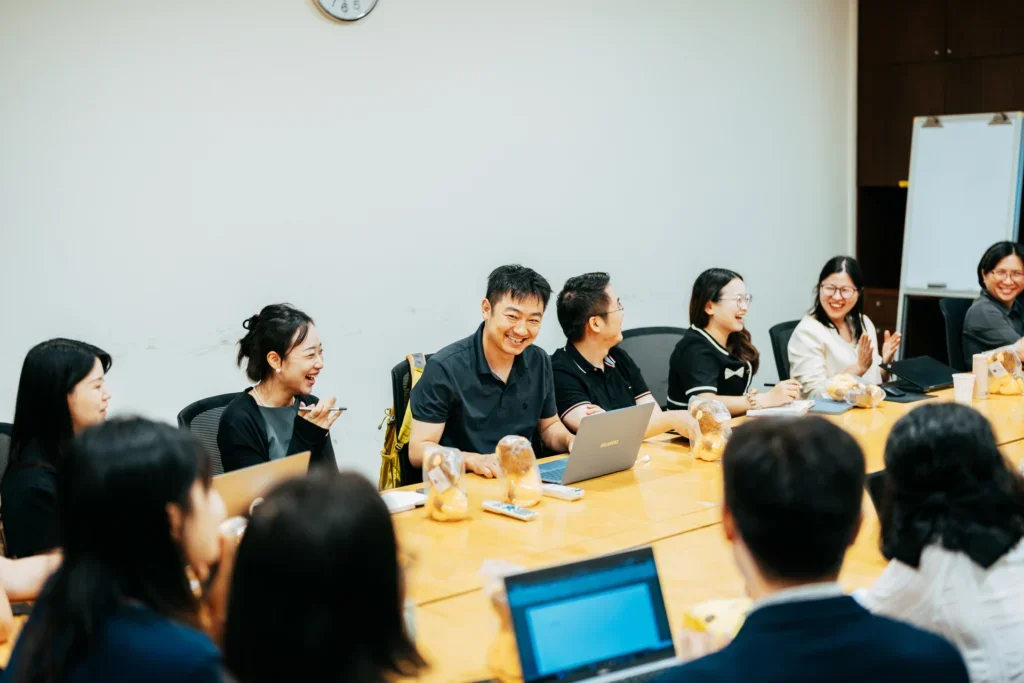
Meet-and-greet session by NUSRI China Programme Office after the breakfast reception on the opening day.
Connecting communities
One highlight of InnovFest Suzhou 2025 was the establishment of the NUS Suzhou Alumni Forum — an initiative to spotlight the importance of the university’s community in advancing bilateral cooperation. The forum encouraged cross-disciplinary exchange among alumni from Suzhou’s high-tech enterprises, research institutes and investment circles.
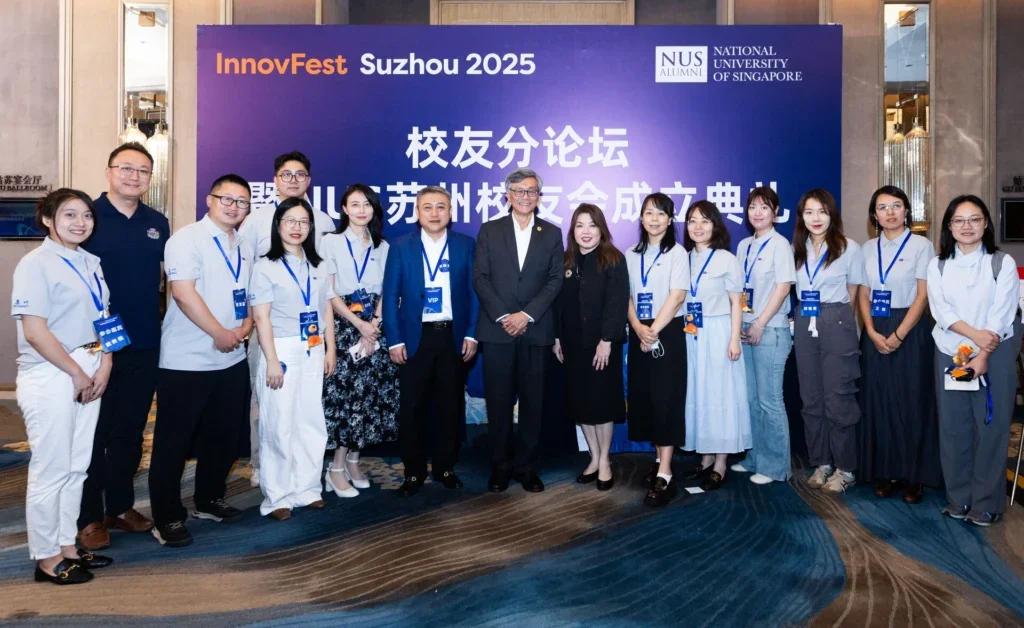
Professor Tan Eng Chye joined alumni from different cities to discuss how alumni associations can strengthen collaborative innovation and pursue sustainable growth through shared experience and expertise.
Running in parallel was the inaugural China-Singapore University Exchange on Research Safety and Health Management, which explored laboratory safety culture, technology-enabled safety management and student mental health. A dedicated roundtable on ‘Technology-enabled Safety Management’ brought together participants to exchange practical experiences and ideas for improving research safety systems and advancing sustainable scientific development.
InnovFest Suzhou 2025 also featured the award presentation ceremony of the NUSRI Suzhou 2025 AI Competition, which had been held earlier on 21 September 2025 as part of the event. Targeting outstanding third- and fourth-year undergraduates from across Jiangsu Province, the competition focused on real-world AI problem modelling and applications. Six students from Nanjing University, Southeast University, Nanjing University of Science and Technology and Soochow University emerged as the top winners, showcasing the creativity and potential of the next generation of AI innovators.
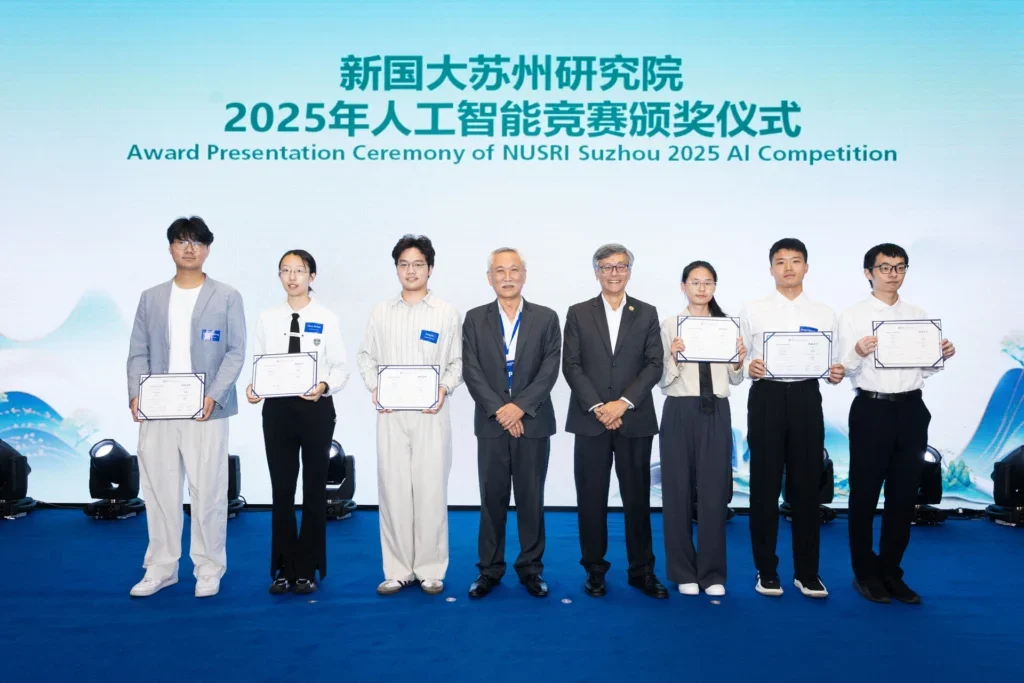
NUS School of Computing Professor Tan Sun Teck, Chair of the Organising Committee for the NUSRI Suzhou 2025 AI Competition, and Professor Tan Eng Chye, President of NUS, presenting award certificates to the winners of the NUSRI Suzhou 2025 AI Competition.
